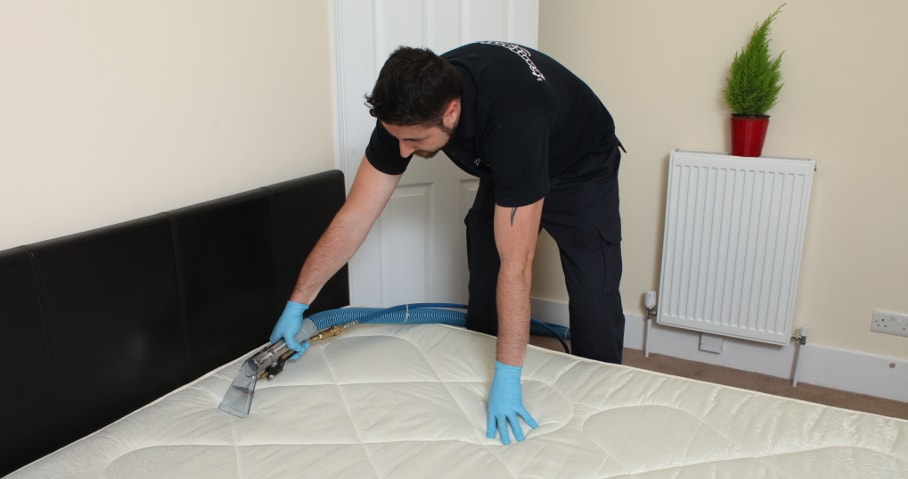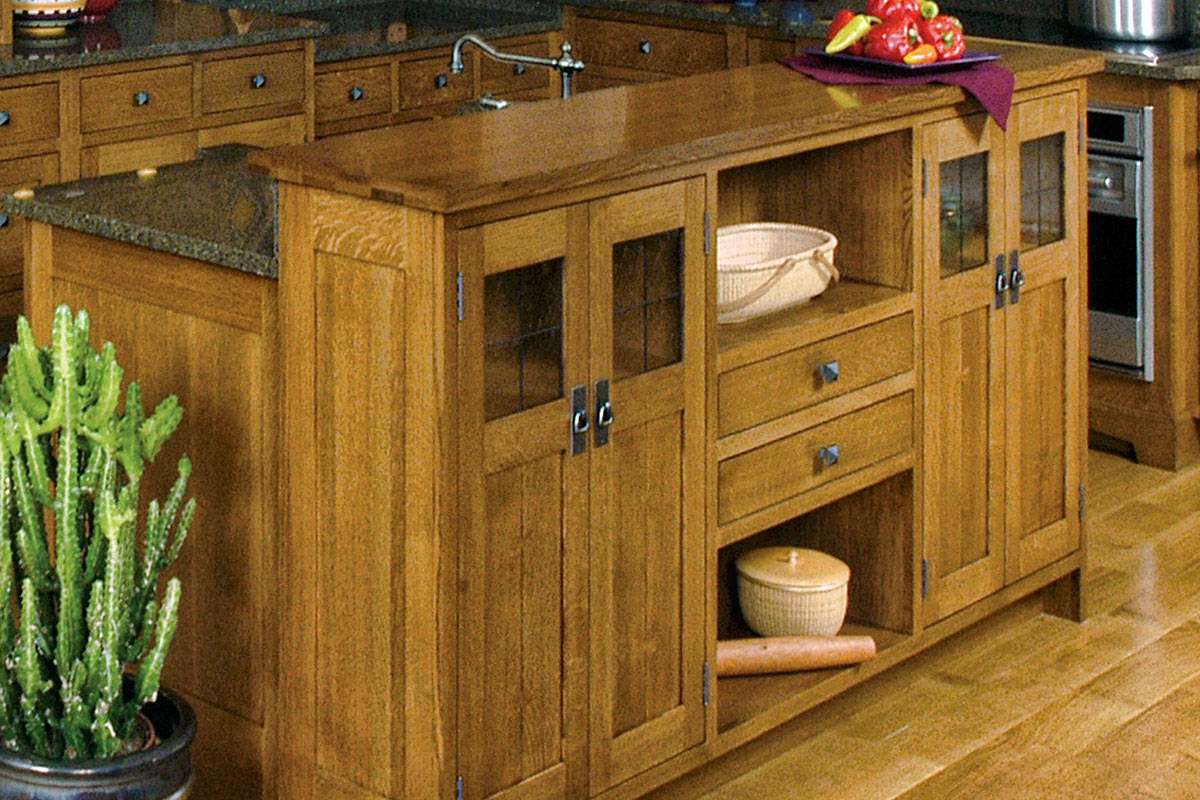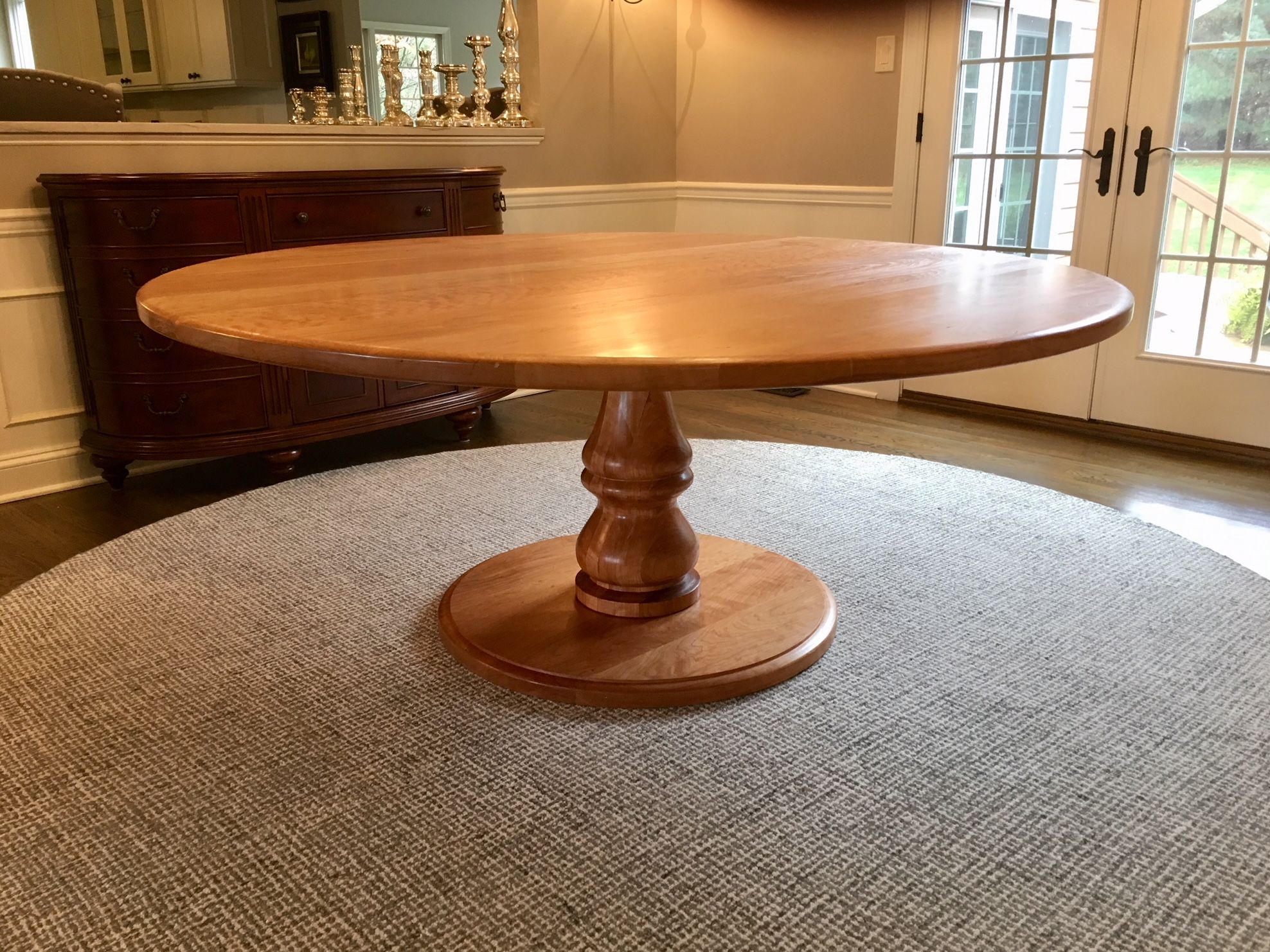When it comes to bedding, there are many accessories and add-ons that can enhance your sleeping experience. One of these is a mattress pad. But do mattresses really need pads? The answer is yes! Here are the top 10 reasons why you should invest in a good mattress pad for your bed.
Do Mattresses Need Pads?
1. Protection: One of the main purposes of a mattress pad is to protect your mattress from wear and tear. It acts as a barrier between your body and the mattress, preventing stains, spills, and other damage.
2. Comfort: Mattress pads provide an extra layer of cushioning, making your bed more comfortable to sleep on. This is especially beneficial for those who have firm or older mattresses that may not be as comfortable as they used to be.
3. Hygiene: Over time, mattresses can accumulate dirt, dust, and sweat, creating an unhygienic sleeping environment. A mattress pad can be easily removed and washed, keeping your bed clean and fresh.
4. Extended lifespan: By protecting your mattress, a mattress pad can help extend its lifespan. With regular use, mattresses can develop sagging and other forms of wear and tear, but a mattress pad can help minimize this.
5. Temperature regulation: Some mattress pads are designed with cooling materials, which can help regulate your body temperature while you sleep. This is especially beneficial for those who tend to sleep hot.
6. Allergen control: Mattress pads can also help with allergies by acting as a barrier against dust mites, pet dander, and other allergens that can be present in mattresses.
7. Noise reduction: If you have a noisy mattress that creaks or squeaks, a mattress pad can help reduce these sounds and provide a quieter sleeping environment.
8. Versatility: Mattress pads come in various sizes and styles, making them suitable for different types of mattresses. They can also be used on different types of beds, such as futons or sofa beds.
9. Cost-effective: Investing in a good quality mattress pad is more cost-effective than buying a new mattress. It can help improve the comfort and longevity of your current mattress, saving you money in the long run.
10. Easy maintenance: Mattress pads are easy to remove and wash, making them low maintenance compared to other bedding accessories like comforters or duvets.
Top 10 Reasons Why You Need a Mattress Pad
In addition to the reasons mentioned above, there are many other benefits of using a mattress pad. These include:
- Added softness and comfort for a better night's sleep
- Protection against spills, stains, and other accidents
- Improved air circulation for a cooler sleeping surface
- Better support for your body, reducing aches and pains
Benefits of Using a Mattress Pad
When shopping for a mattress pad, there are a few things to consider to ensure you choose the right one for your needs. These include:
1. Size: Make sure to measure your mattress before purchasing a mattress pad to ensure a proper fit.
2. Material: Mattress pads come in different materials such as cotton, polyester, or memory foam. Consider your preferences and needs when choosing the material.
3. Thickness: Mattress pads come in various thickness levels. If you prefer a more plush feel, opt for a thicker pad.
4. Features: Look for additional features like waterproofing, cooling properties, or allergen control, depending on your specific needs.
How to Choose the Right Mattress Pad for Your Bed
Yes, mattress pads can make a significant difference in your sleeping experience. They can improve the comfort, hygiene, and longevity of your mattress, making it a worthwhile investment for a better night's sleep.
Do Mattress Pads Really Make a Difference?
Although often used interchangeably, there is a difference between a mattress pad and a mattress topper. A mattress pad is thinner and acts as a protective layer, while a mattress topper is thicker and designed to provide additional cushioning and support.
Mattress Pad vs Mattress Topper: What's the Difference?
The lifespan of a mattress pad depends on its quality and how often it is used. On average, it is recommended to replace your mattress pad every 2-3 years. However, if it becomes worn out or starts to affect your sleep comfort, it may be time to replace it sooner.
How Often Should You Replace Your Mattress Pad?
Yes, a mattress pad can help with allergies by acting as a barrier against allergens that can be present in mattresses. Look for a hypoallergenic mattress pad for the best results.
Can a Mattress Pad Help with Allergies?
Unfortunately, mattress pads cannot fully protect against bed bugs. However, they can act as a deterrent by creating a barrier between your body and the mattress, making it more difficult for bed bugs to infest your bed.
Do Mattress Pads Protect Against Bed Bugs?
To keep your mattress pad in good condition, it is essential to clean and care for it regularly. Here are some tips:
- Follow the manufacturer's instructions for washing and drying your mattress pad.
- Use a mild detergent and avoid using bleach or harsh chemicals.
- Air dry your mattress pad whenever possible to prevent shrinking or damage.
- Rotate your mattress pad every few months to ensure even wear and tear.
- If your mattress pad has a stain, spot clean it immediately to prevent it from setting in.
How to Clean and Care for Your Mattress Pad
Why Mattresses Need Pads: The Importance of Mattress Protection

The Role of Mattress Pads
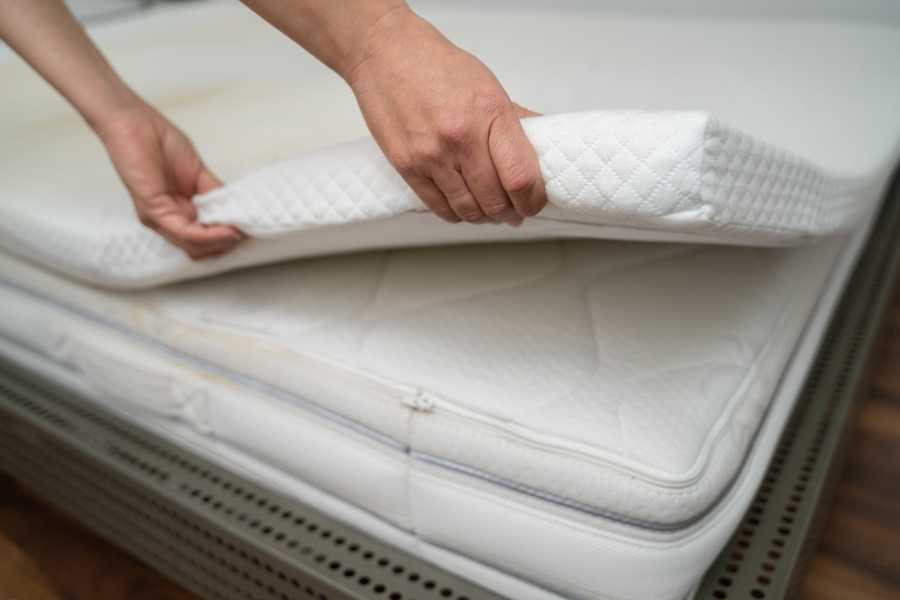 When it comes to creating a comfortable and cozy bedroom, selecting the right mattress is only half the battle.
Mattress pads
play a crucial role in the overall comfort and longevity of your mattress. Simply put, a
mattress pad
is a layer of padding that sits on top of your mattress, providing an extra layer of cushioning and protection.
When it comes to creating a comfortable and cozy bedroom, selecting the right mattress is only half the battle.
Mattress pads
play a crucial role in the overall comfort and longevity of your mattress. Simply put, a
mattress pad
is a layer of padding that sits on top of your mattress, providing an extra layer of cushioning and protection.
Protect Your Investment
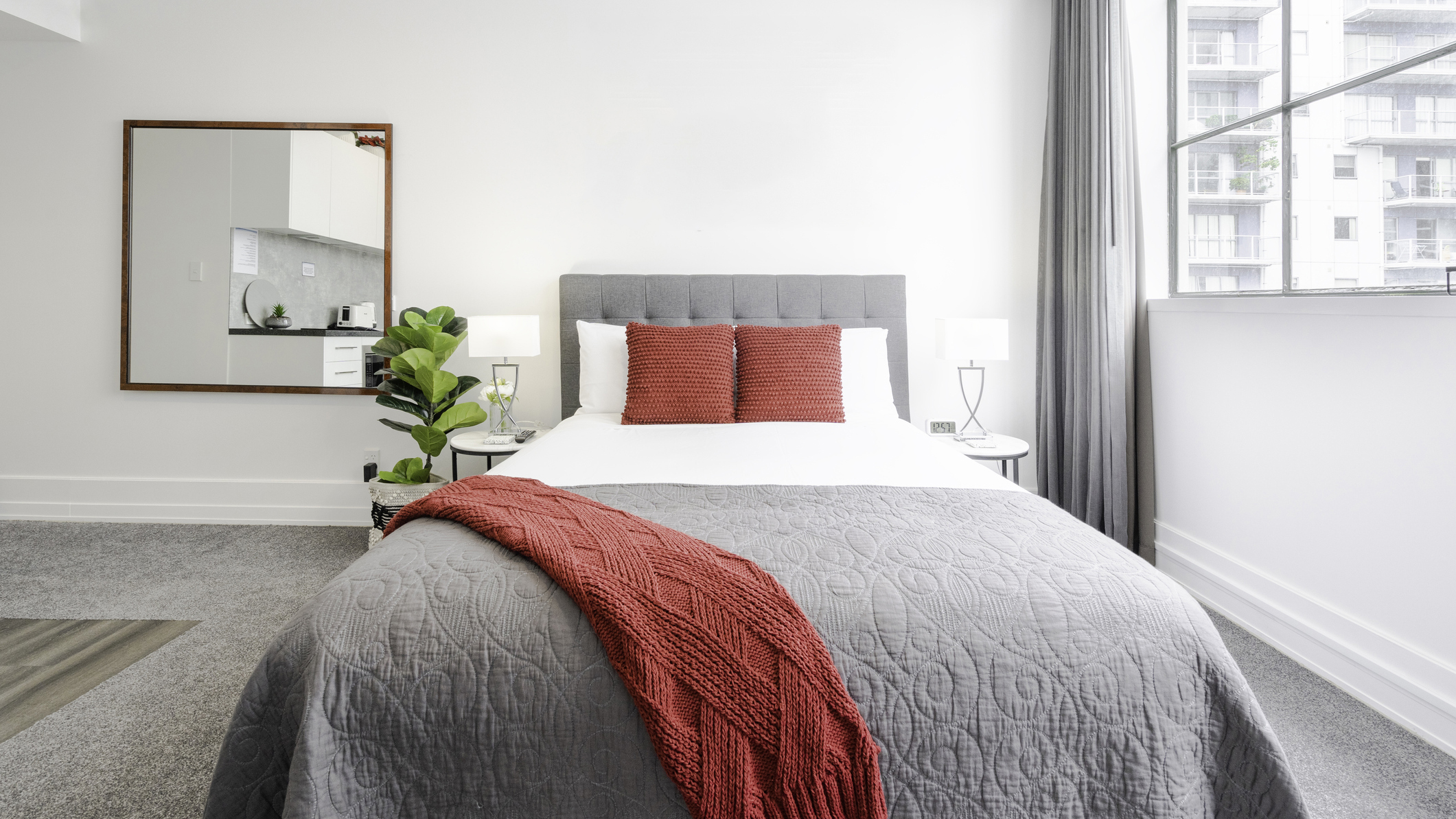 Investing in a quality mattress is a big decision, and one that should last for many years. However, without proper protection, your mattress can quickly become worn, stained, and damaged.
Mattress pads
act as a barrier between your body and the mattress, preventing sweat, oils, and other debris from seeping into the fabric and causing damage. This not only helps to keep your mattress clean and fresh, but it also extends its lifespan, saving you money in the long run.
Investing in a quality mattress is a big decision, and one that should last for many years. However, without proper protection, your mattress can quickly become worn, stained, and damaged.
Mattress pads
act as a barrier between your body and the mattress, preventing sweat, oils, and other debris from seeping into the fabric and causing damage. This not only helps to keep your mattress clean and fresh, but it also extends its lifespan, saving you money in the long run.
Added Comfort and Support
 Aside from protection,
mattress pads
also offer added comfort and support. Depending on the type of pad you choose, it can provide extra cushioning for a softer sleep surface or extra firmness for those who prefer a firmer feel. This is especially beneficial for older mattresses that may have lost some of their original support and comfort.
Aside from protection,
mattress pads
also offer added comfort and support. Depending on the type of pad you choose, it can provide extra cushioning for a softer sleep surface or extra firmness for those who prefer a firmer feel. This is especially beneficial for older mattresses that may have lost some of their original support and comfort.
Customizable Options
 Another great benefit of
mattress pads
is their customizable options. From different materials such as cotton, wool, or memory foam, to different sizes and thicknesses, there is a
mattress pad
to suit every individual's needs and preferences. You can also choose
waterproof
or
hypoallergenic
options for added protection and peace of mind.
Another great benefit of
mattress pads
is their customizable options. From different materials such as cotton, wool, or memory foam, to different sizes and thicknesses, there is a
mattress pad
to suit every individual's needs and preferences. You can also choose
waterproof
or
hypoallergenic
options for added protection and peace of mind.
Easy Maintenance
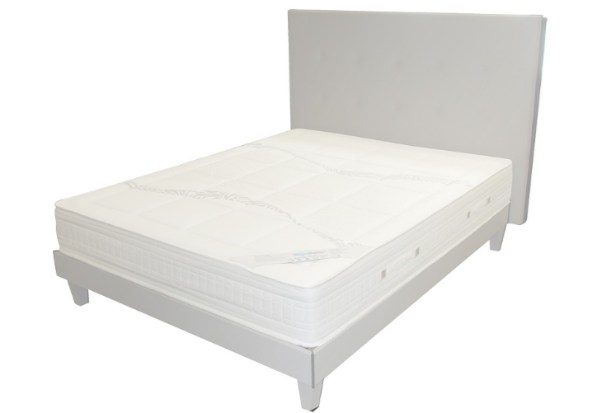 In addition to protecting your mattress from wear and tear,
mattress pads
are also much easier to clean and maintain. Most pads can be machine-washed and dried, making it simple to keep your sleeping surface fresh and hygienic. This is especially beneficial for those with allergies or asthma, as regular washing can help remove allergens and irritants.
In addition to protecting your mattress from wear and tear,
mattress pads
are also much easier to clean and maintain. Most pads can be machine-washed and dried, making it simple to keep your sleeping surface fresh and hygienic. This is especially beneficial for those with allergies or asthma, as regular washing can help remove allergens and irritants.
In Conclusion
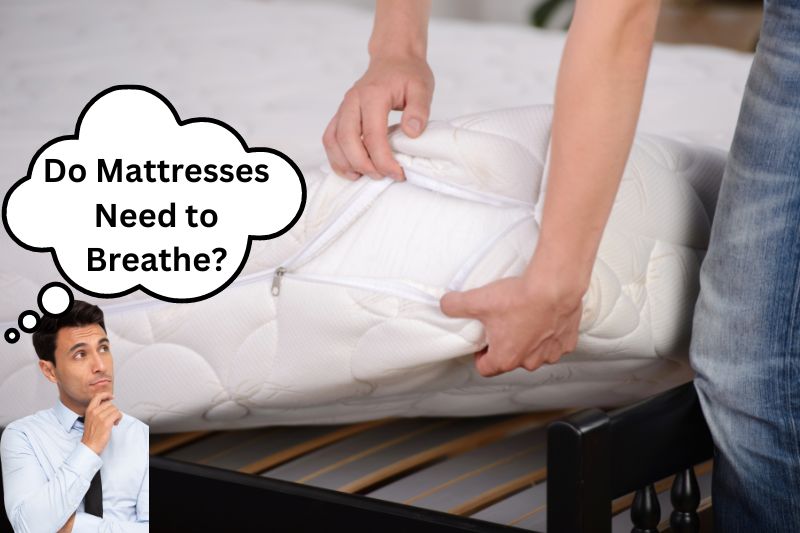 In summary,
mattress pads
are an essential component of any comfortable and well-protected bed. They not only provide an extra layer of comfort and support, but they also help to preserve the life of your mattress. With customizable options and easy maintenance, it's clear that
mattress pads
are a wise investment for any bedroom. Make sure to choose a high-quality
mattress pad
to ensure maximum protection and comfort for your mattress.
In summary,
mattress pads
are an essential component of any comfortable and well-protected bed. They not only provide an extra layer of comfort and support, but they also help to preserve the life of your mattress. With customizable options and easy maintenance, it's clear that
mattress pads
are a wise investment for any bedroom. Make sure to choose a high-quality
mattress pad
to ensure maximum protection and comfort for your mattress.



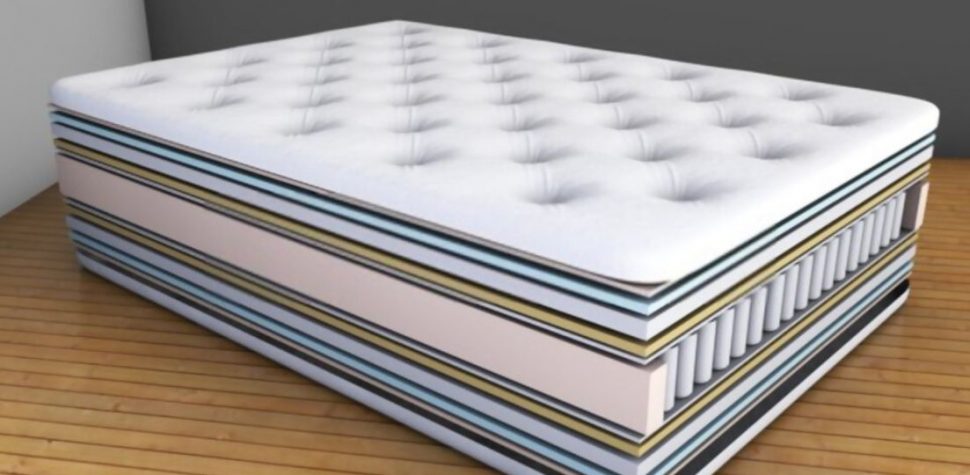
















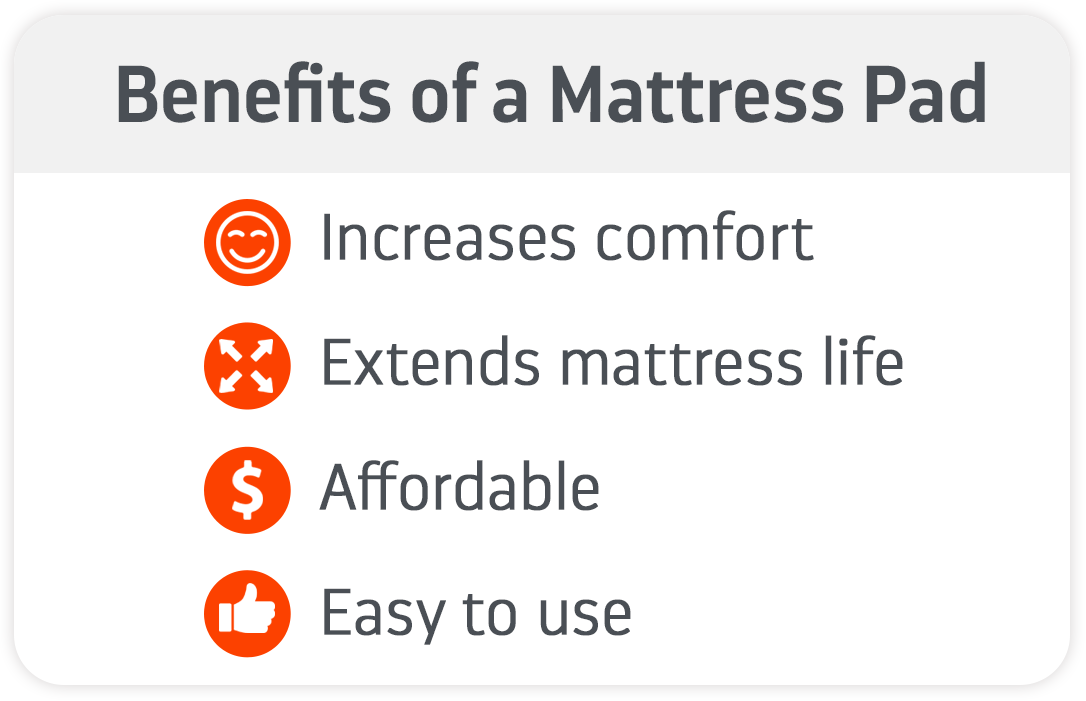

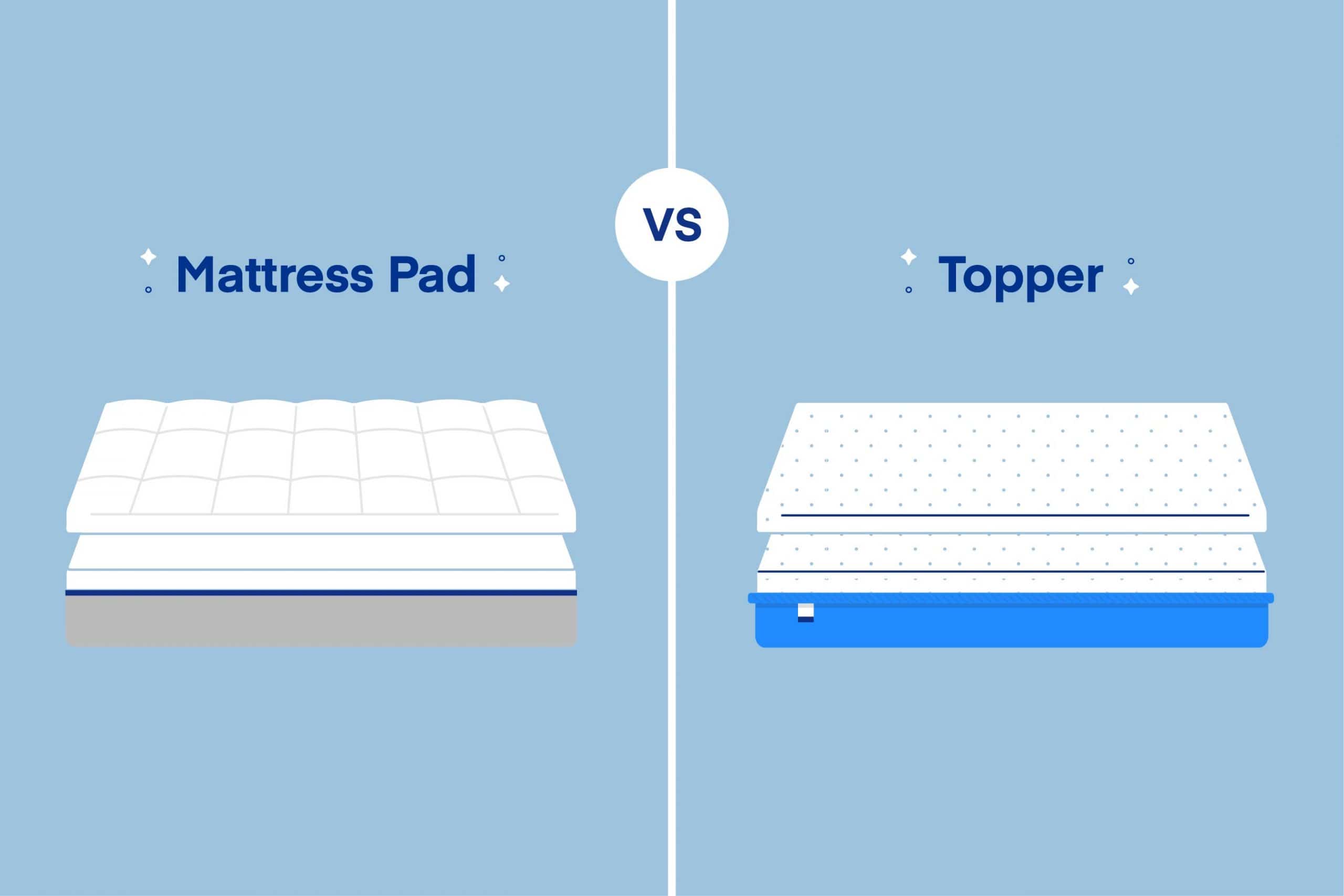



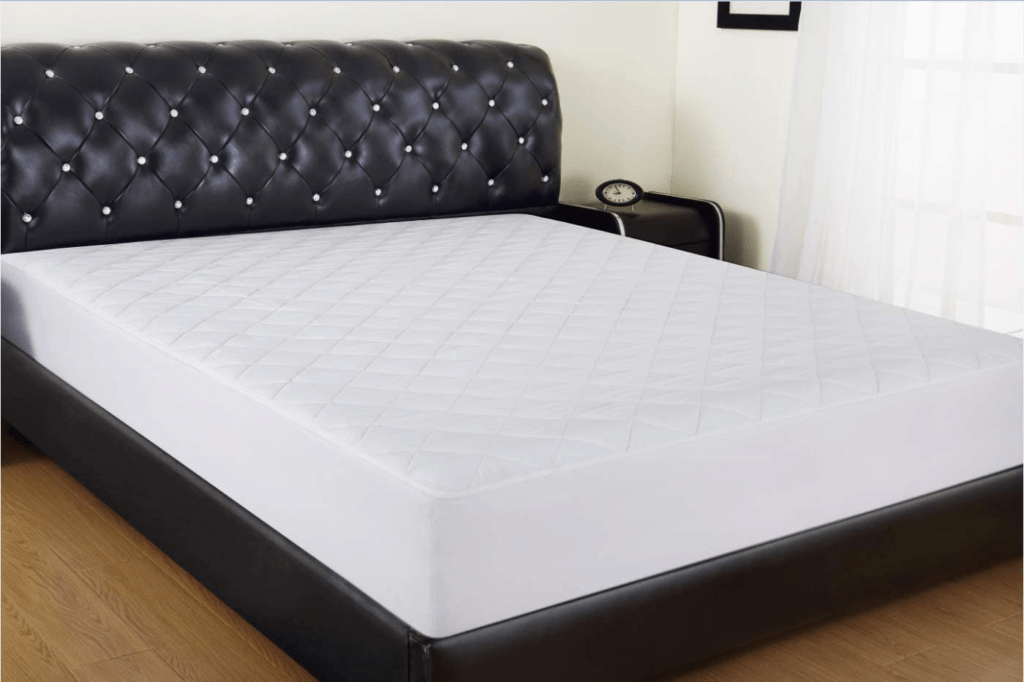





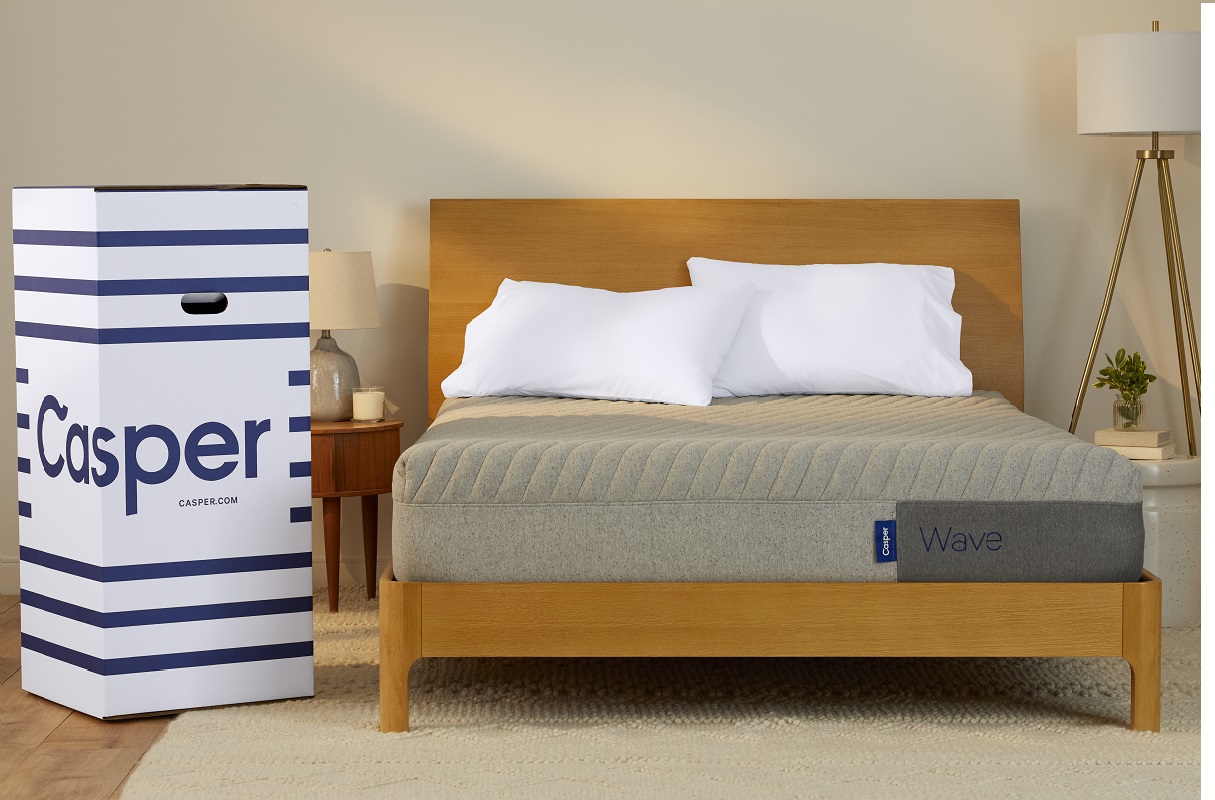
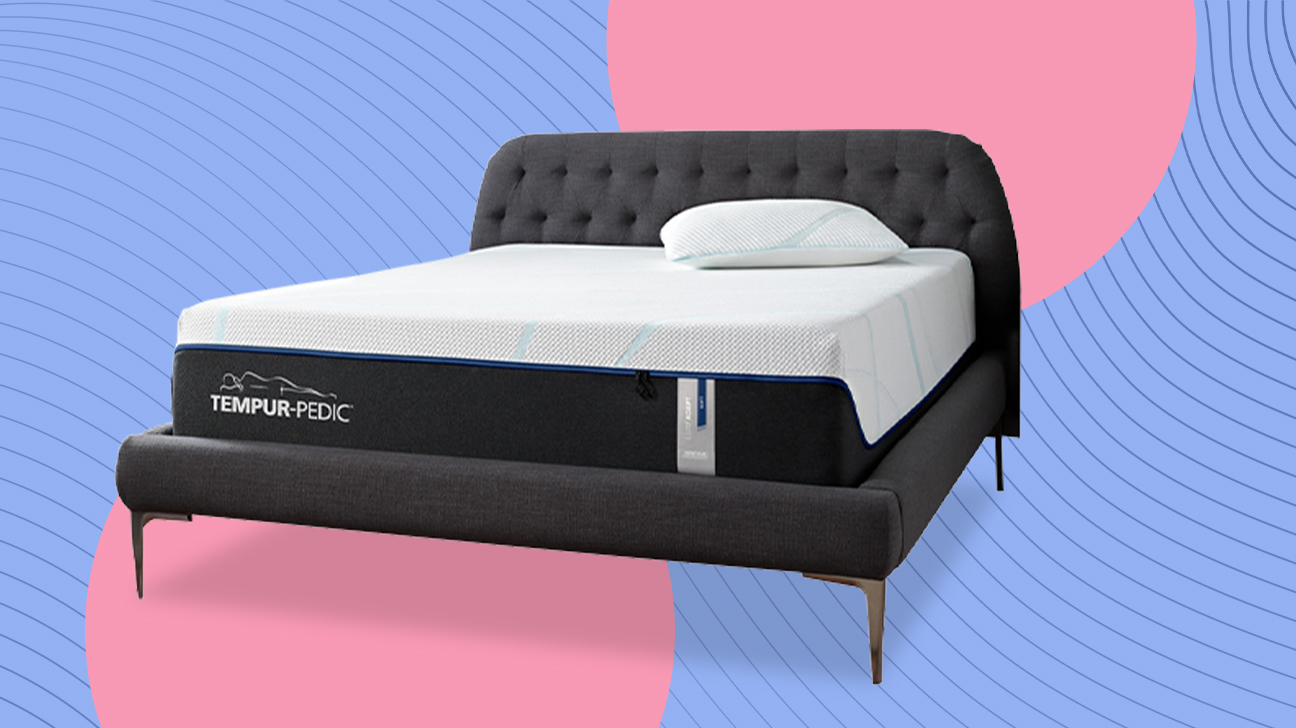

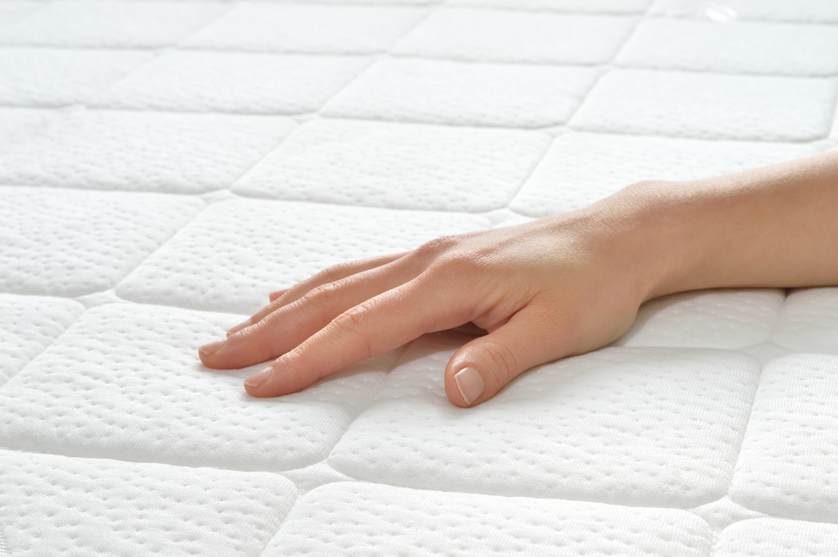
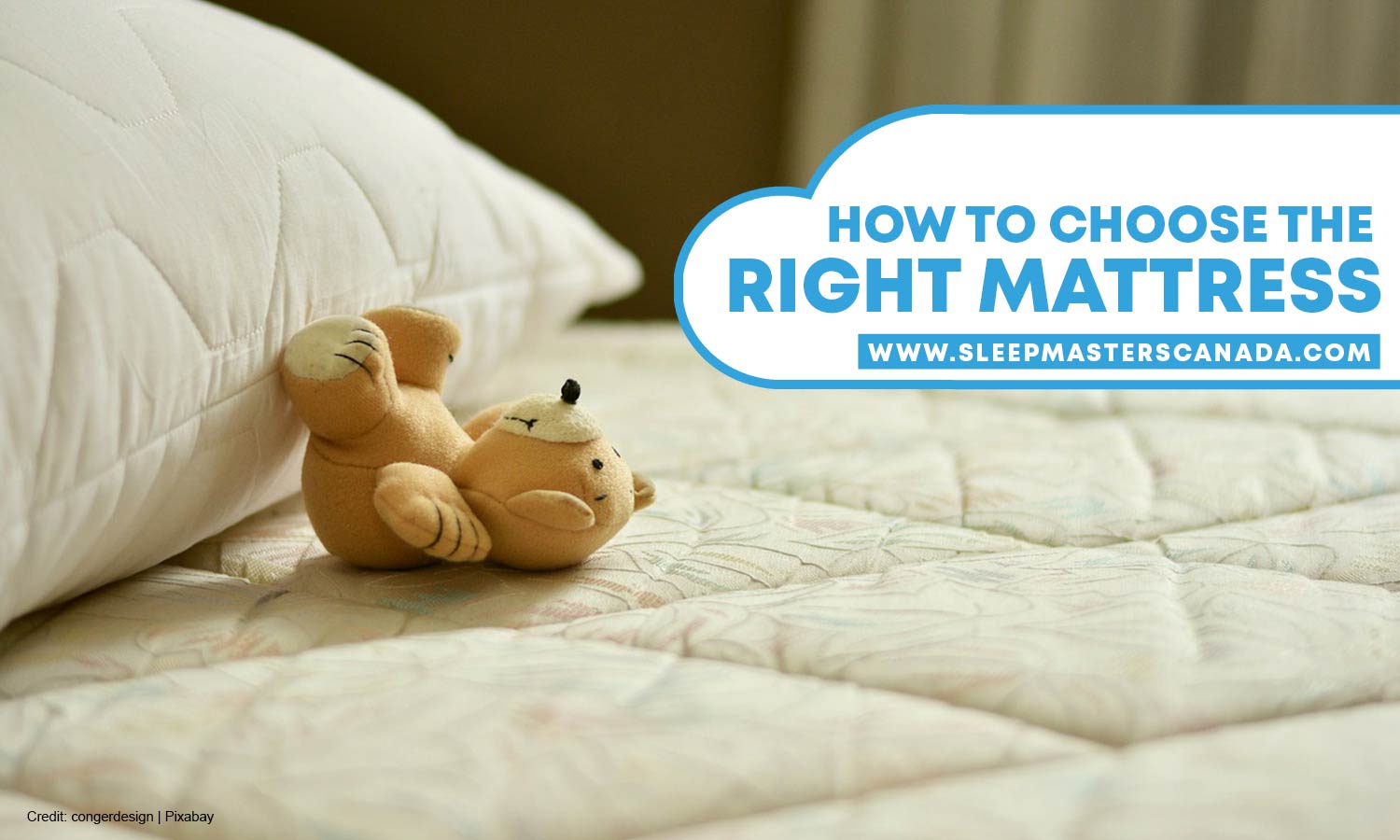


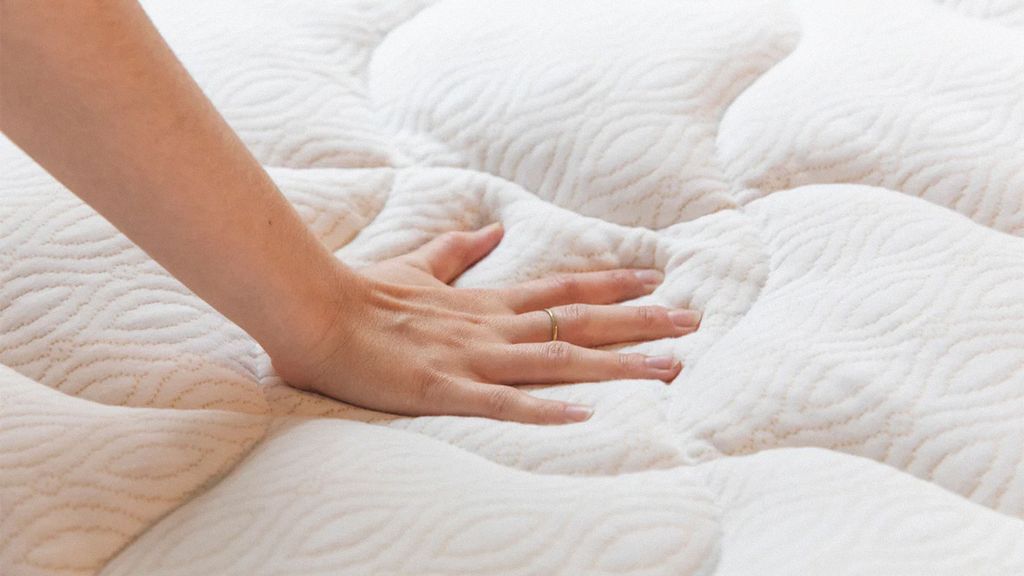
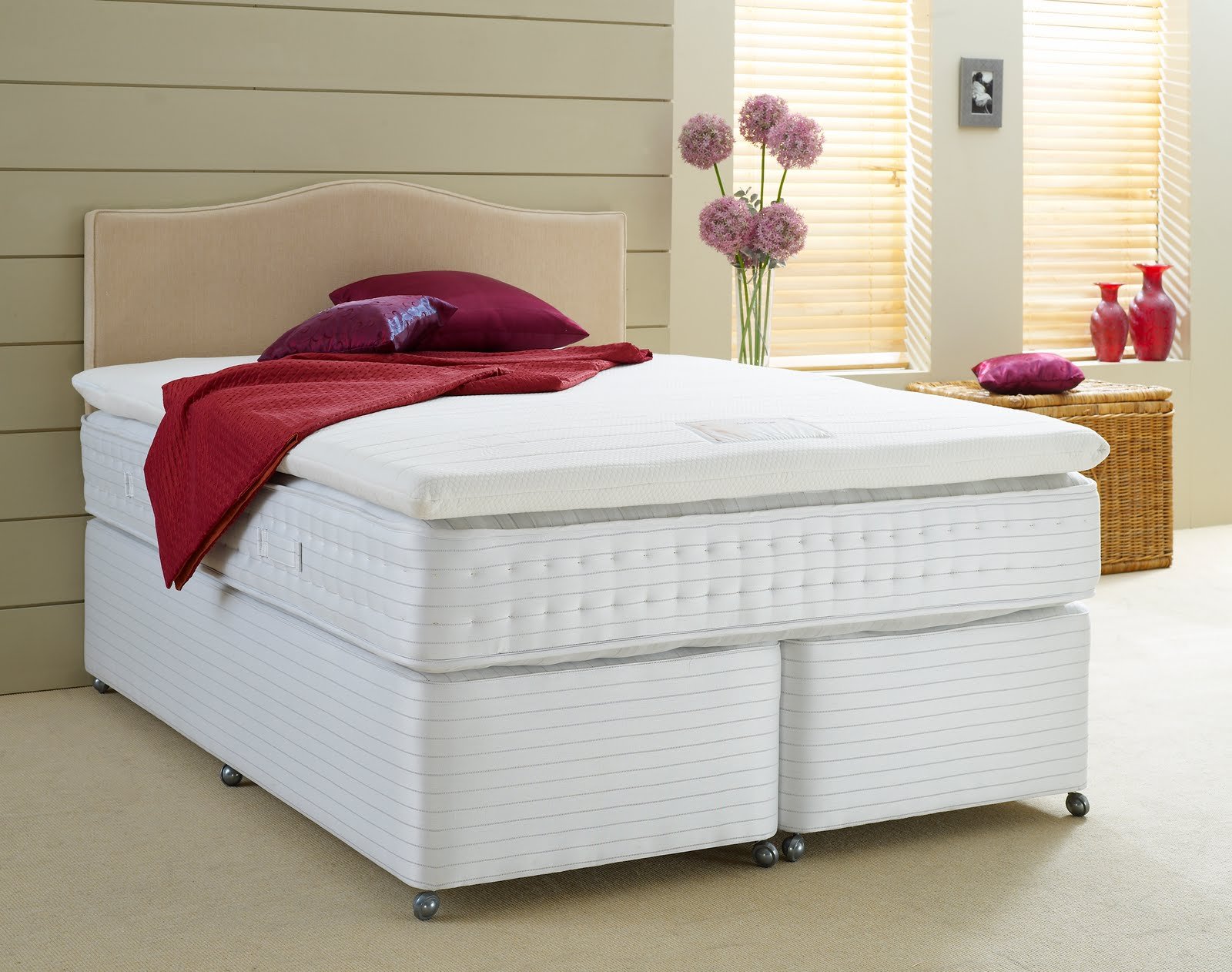



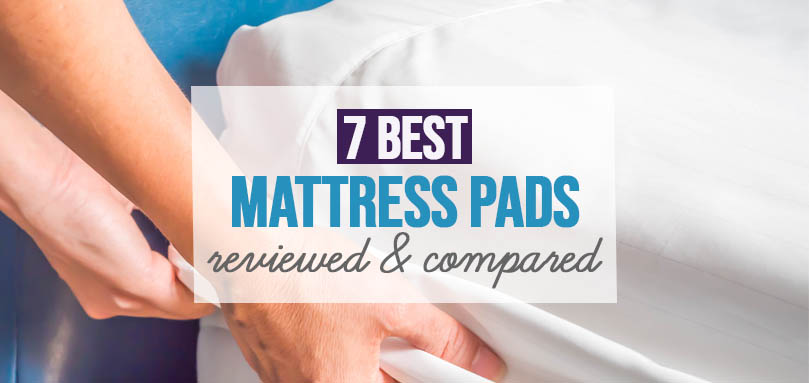
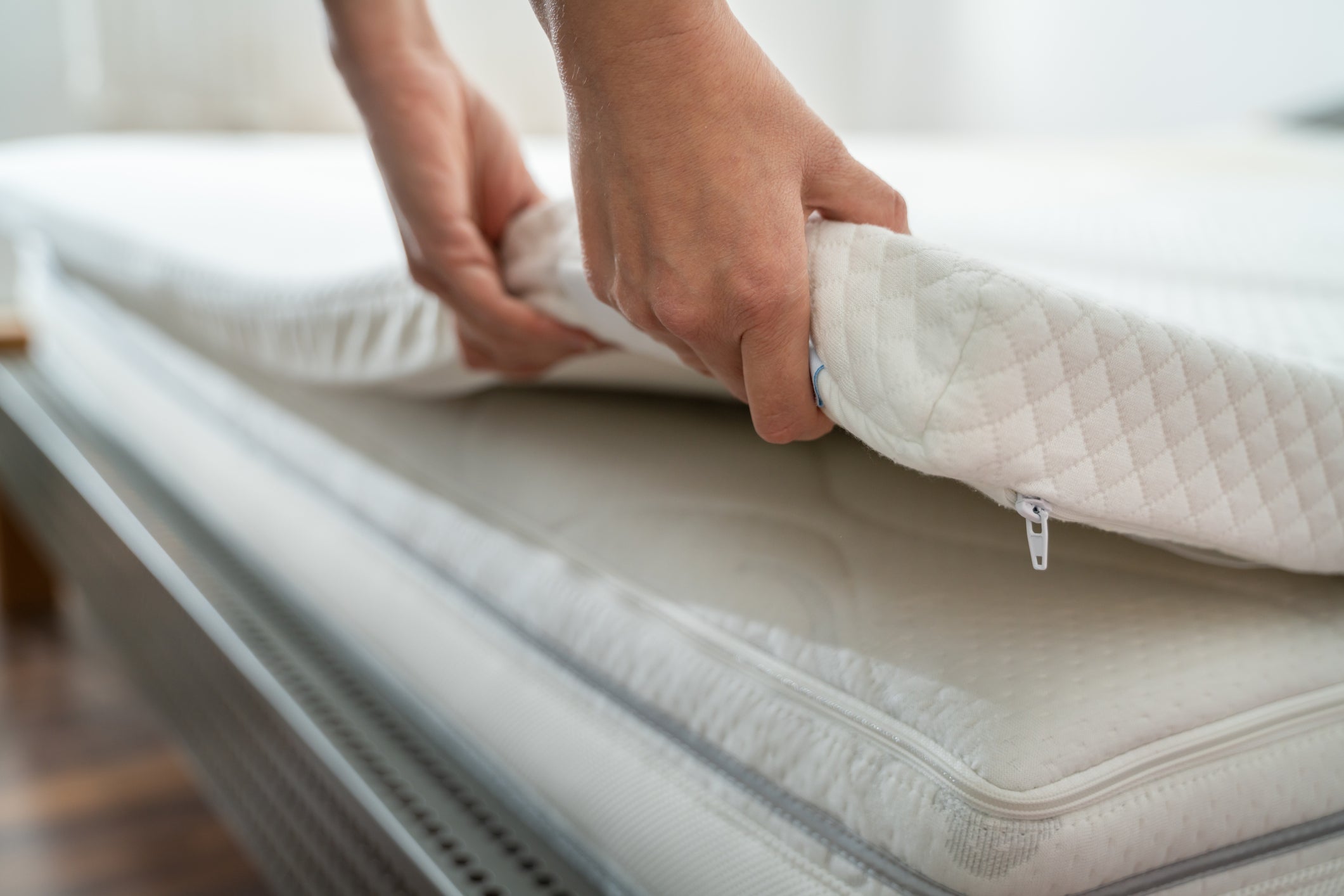


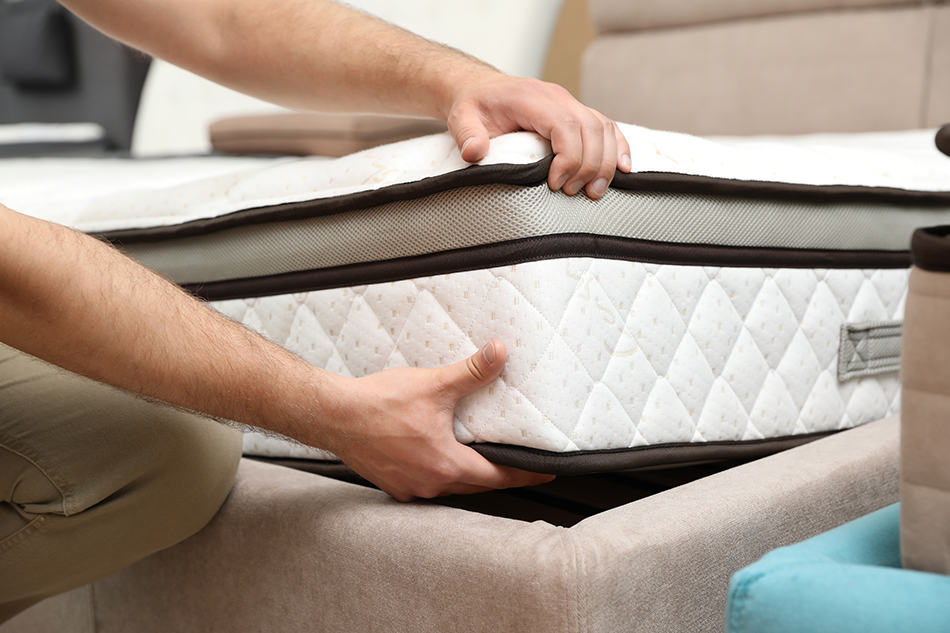
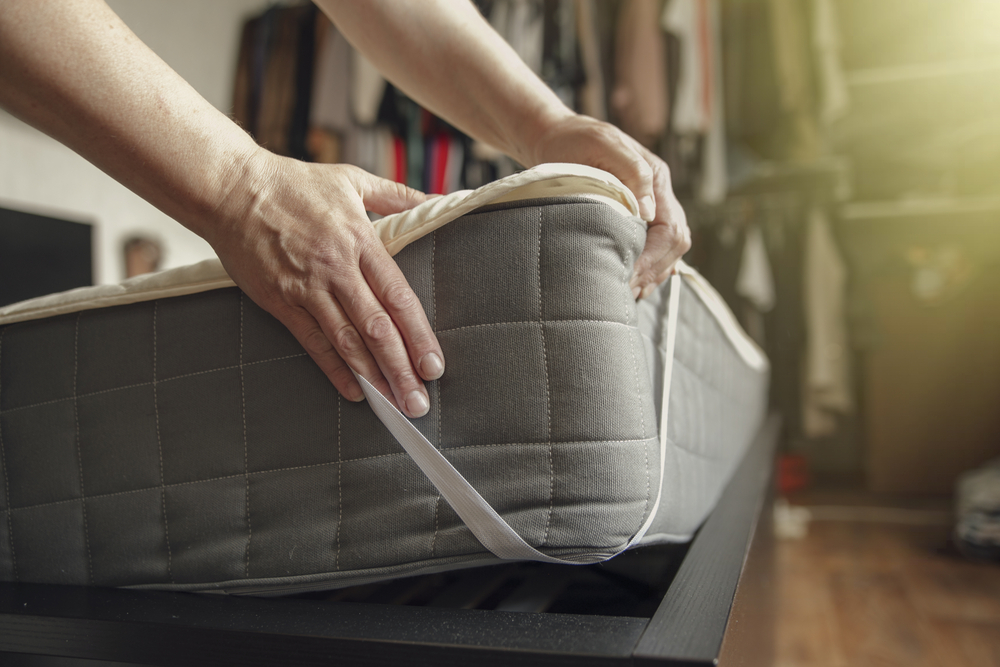
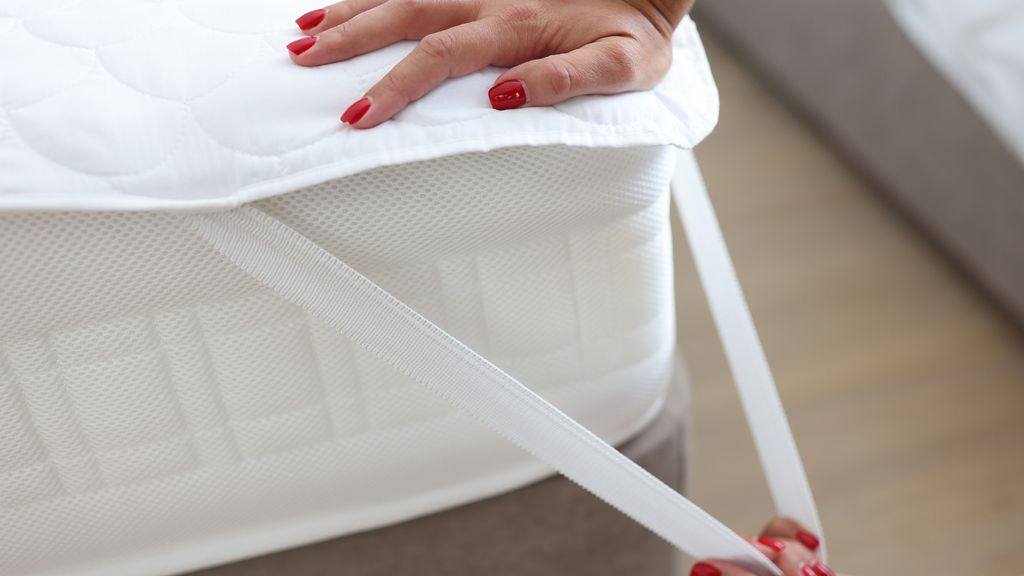
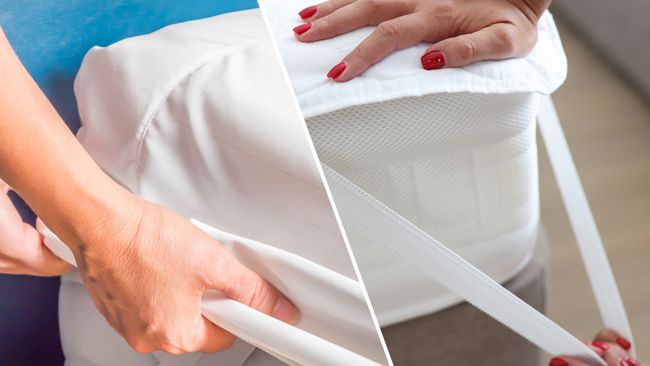
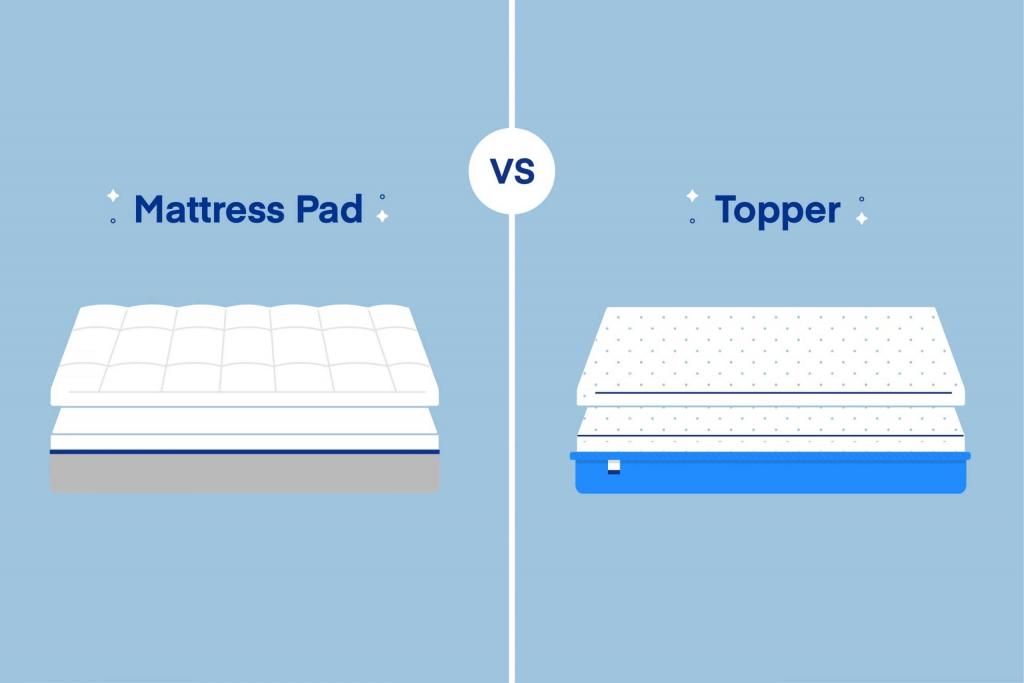

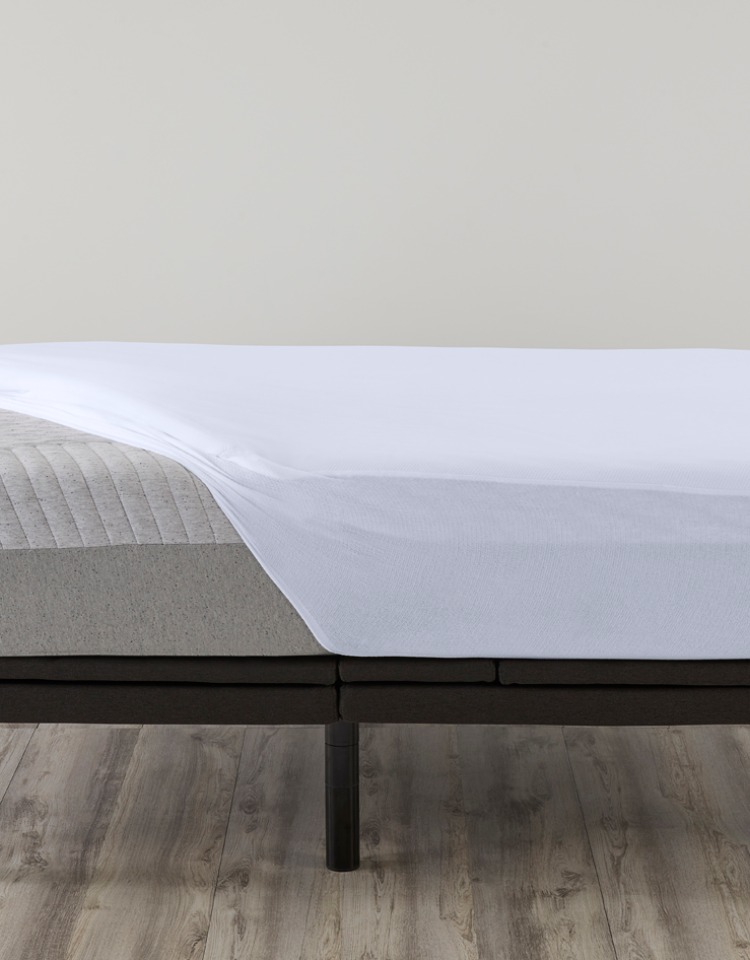

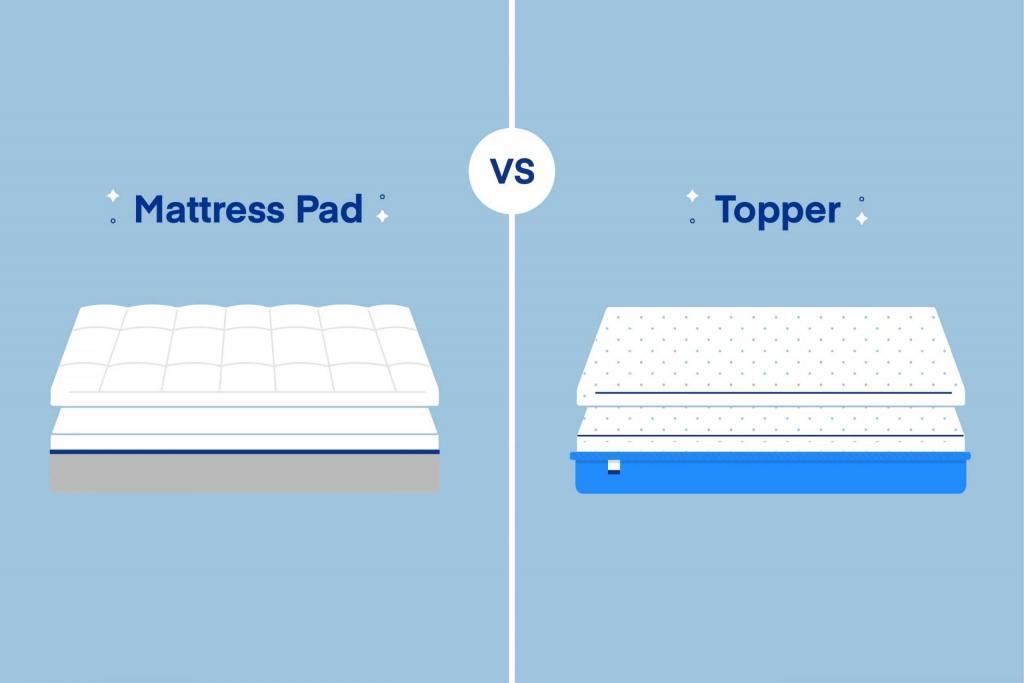

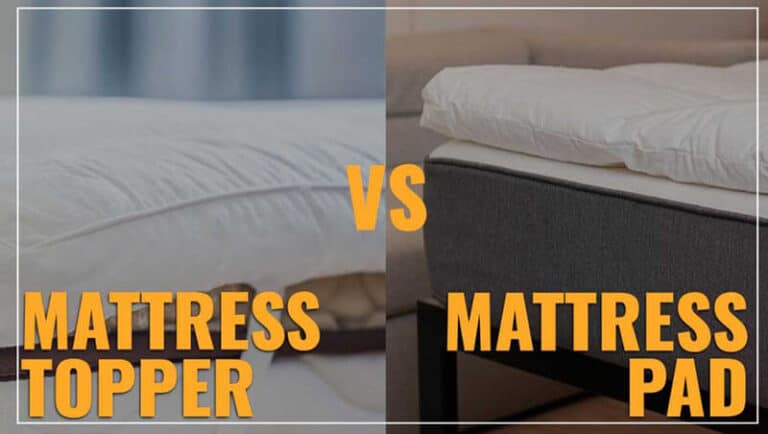
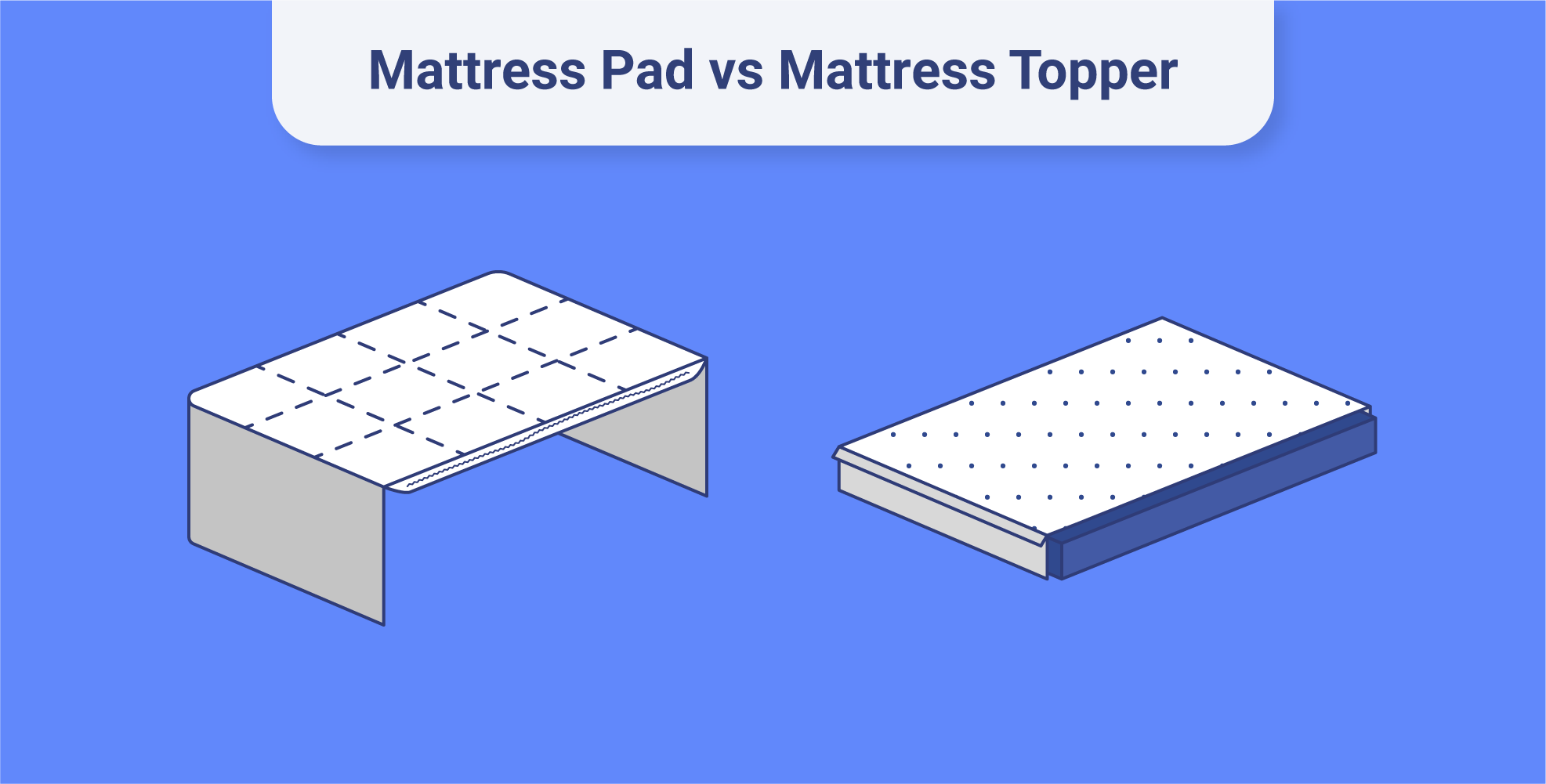
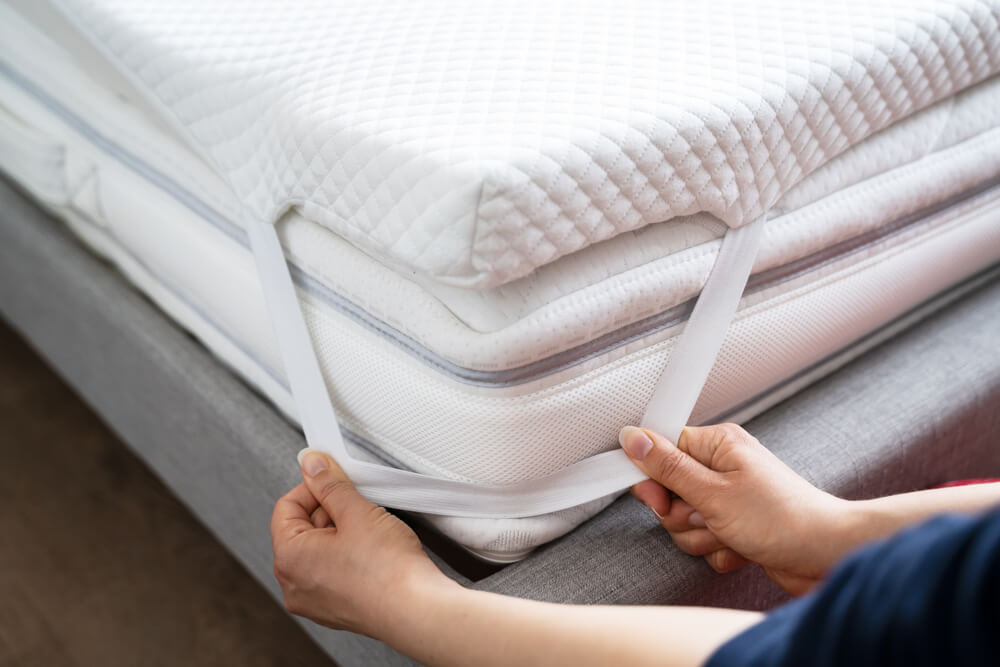


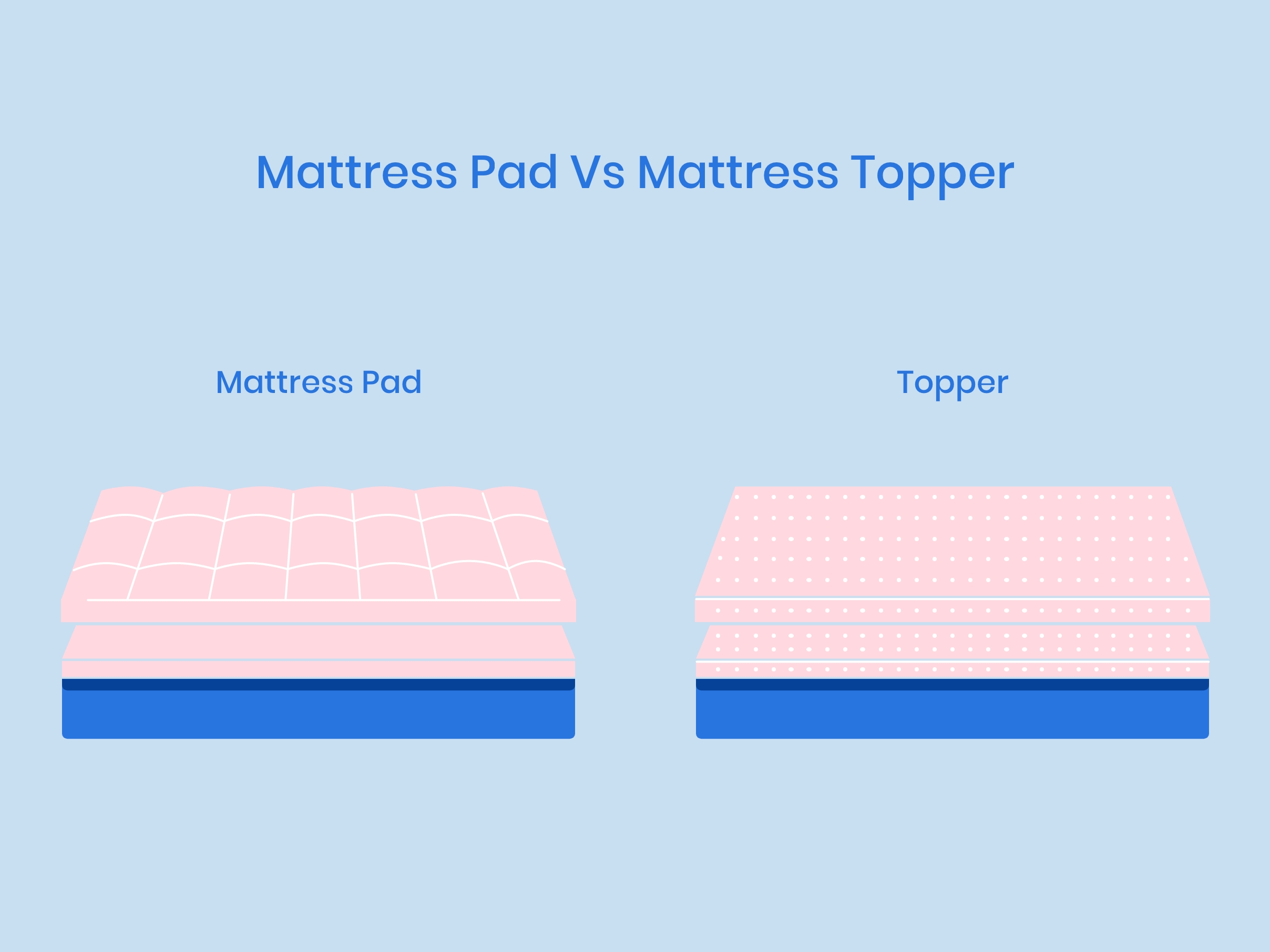
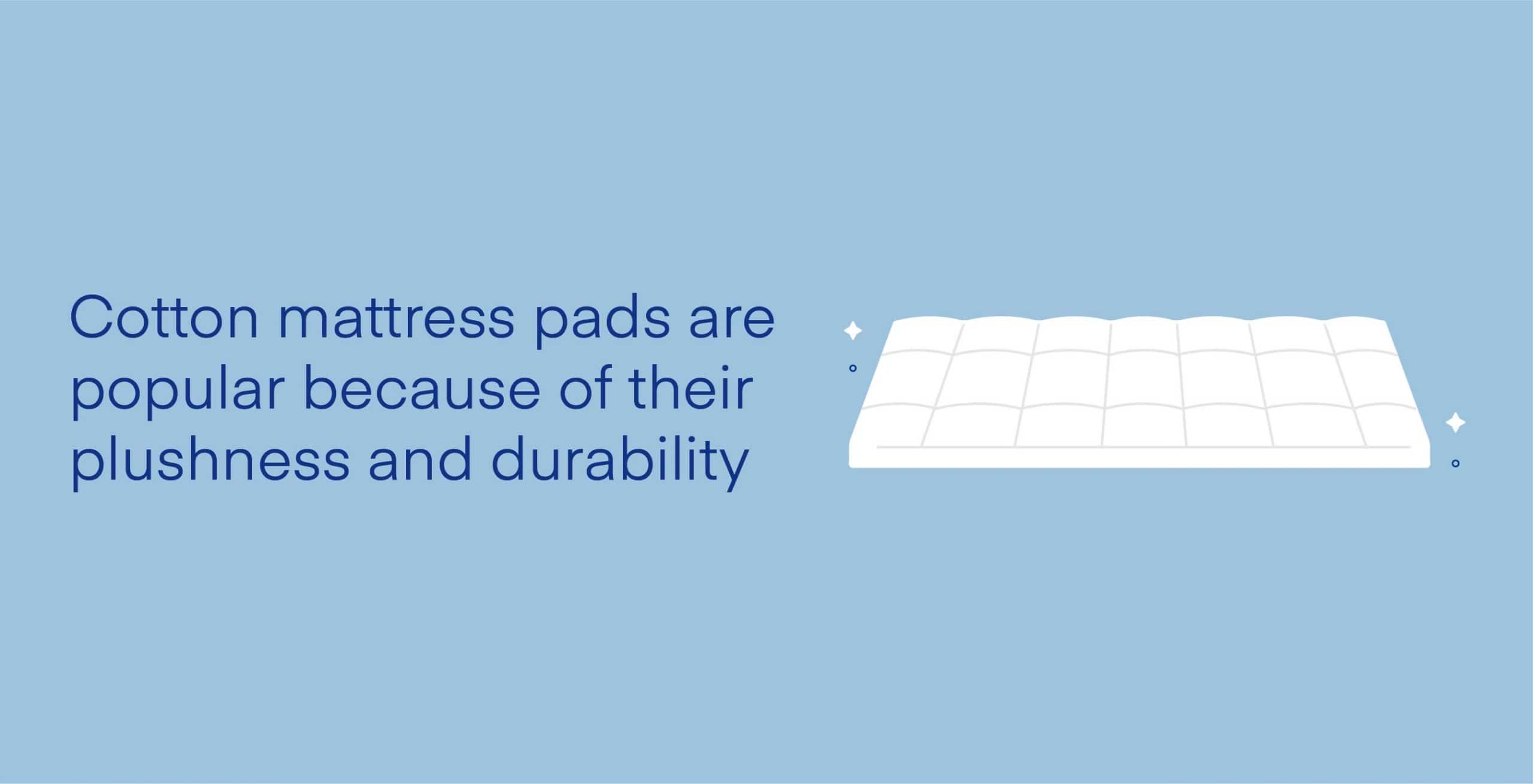
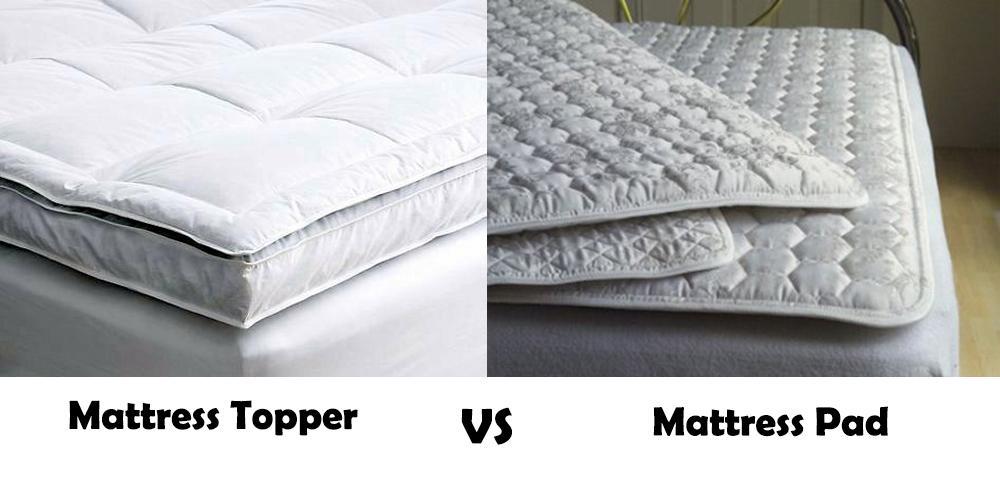
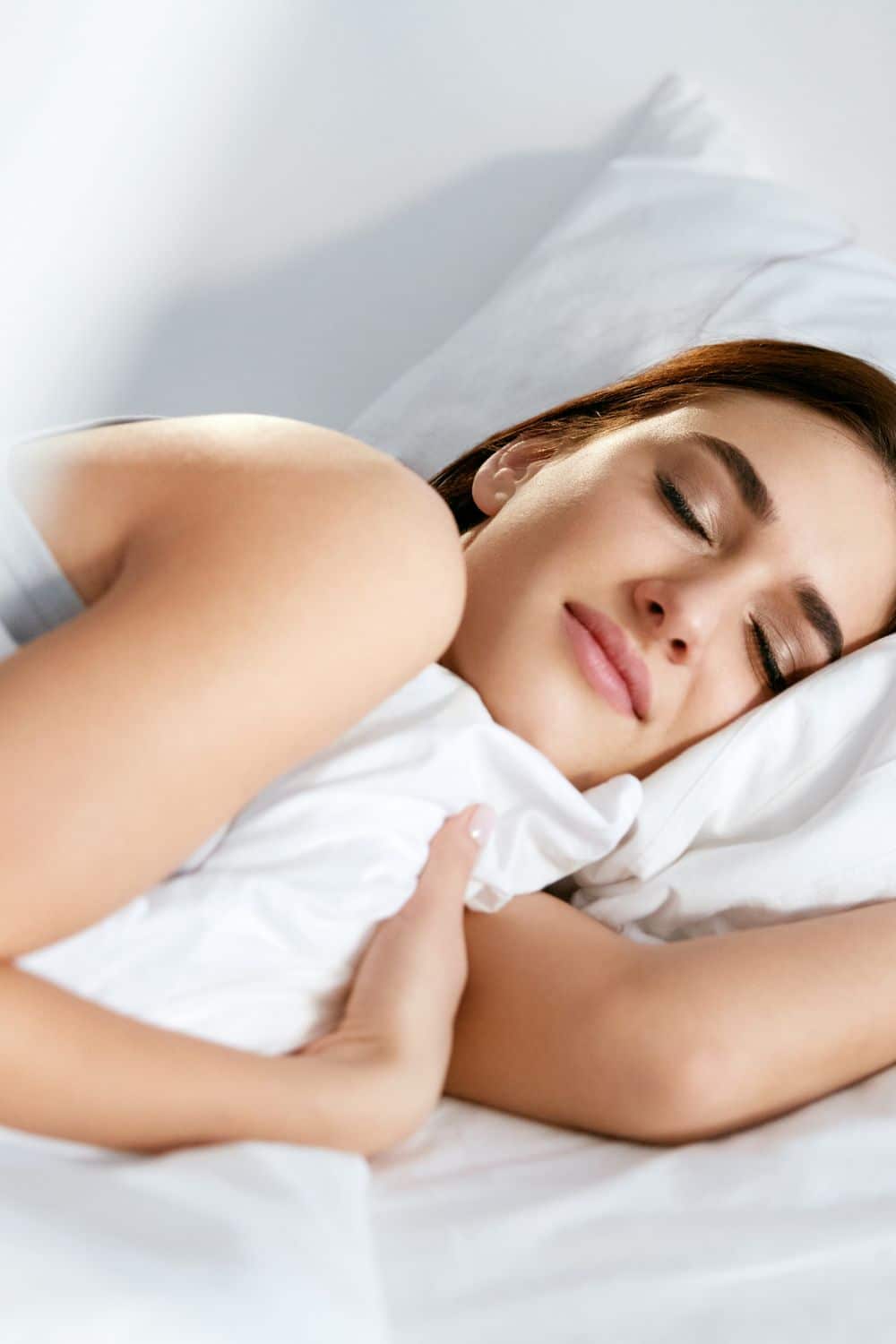


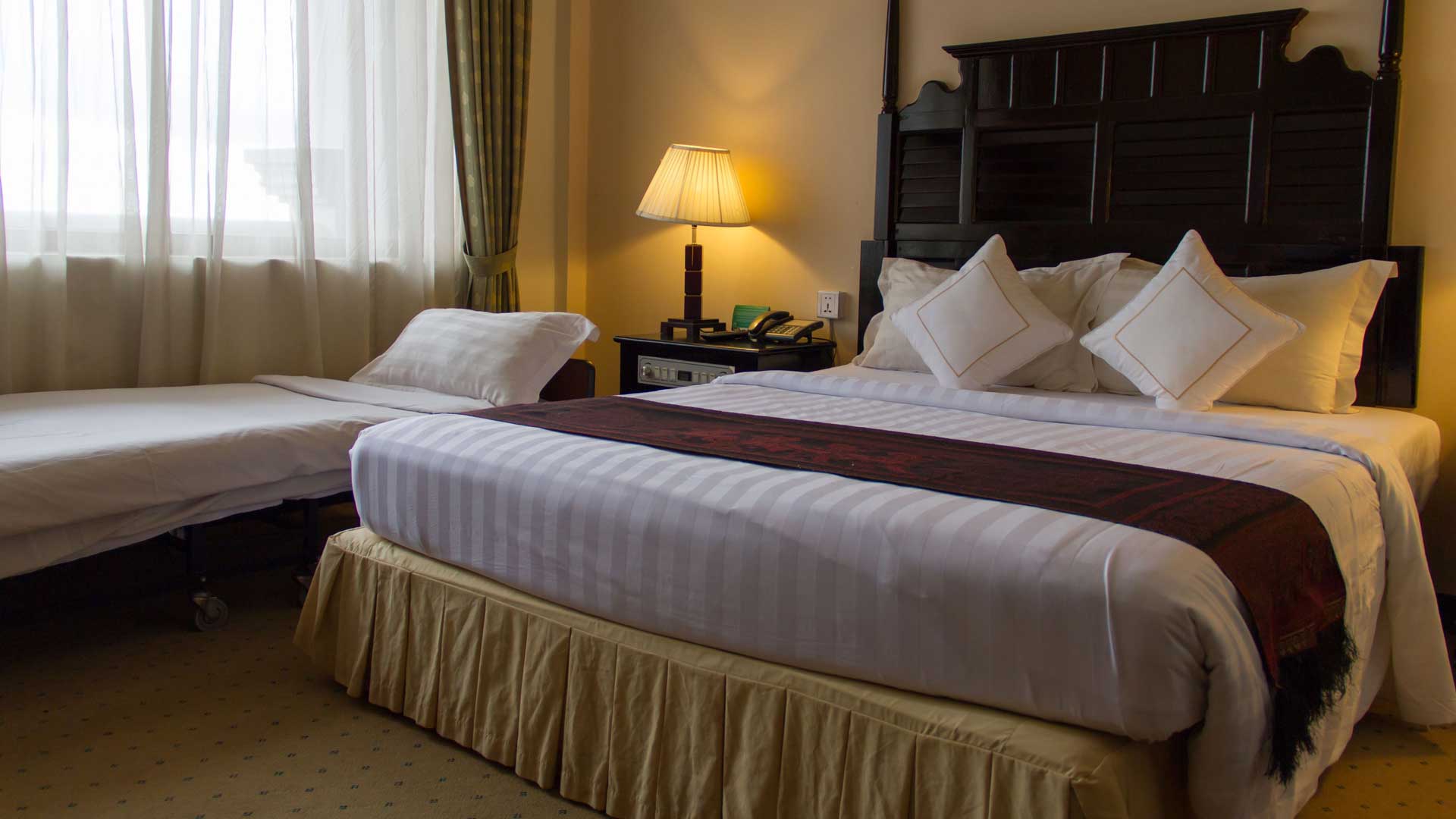

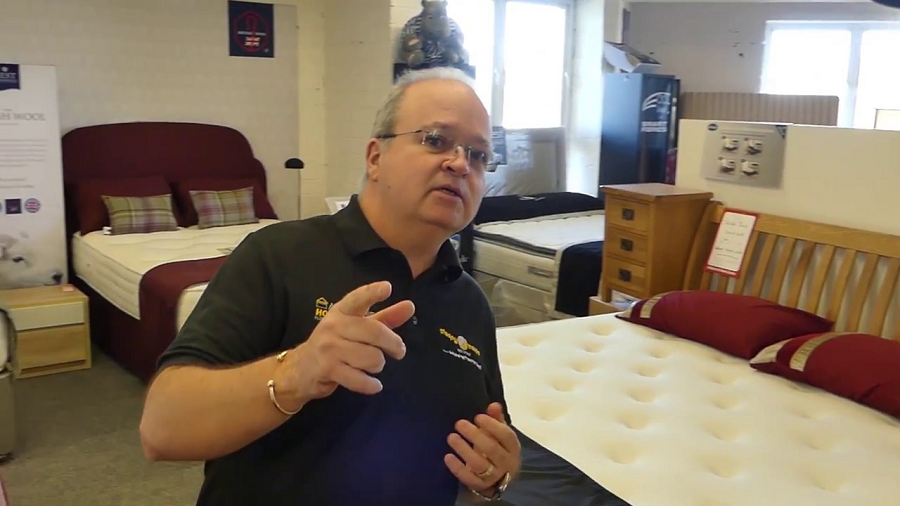



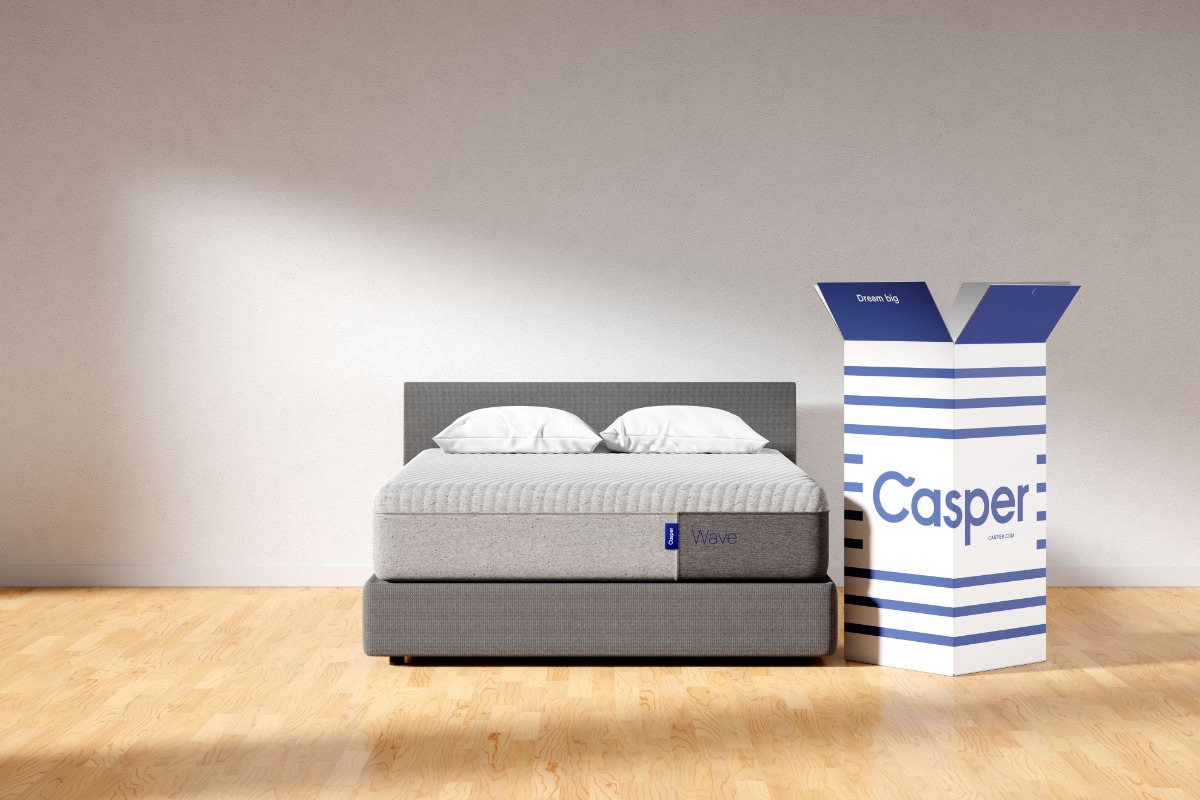

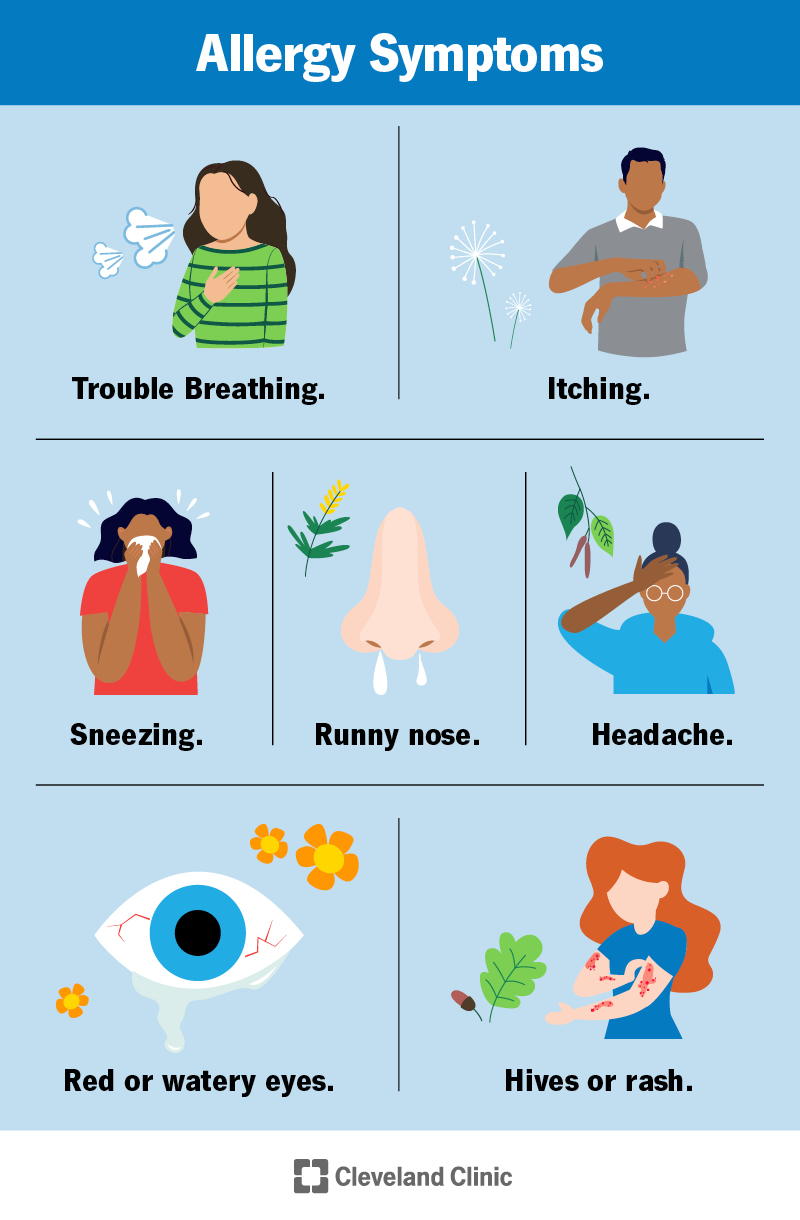


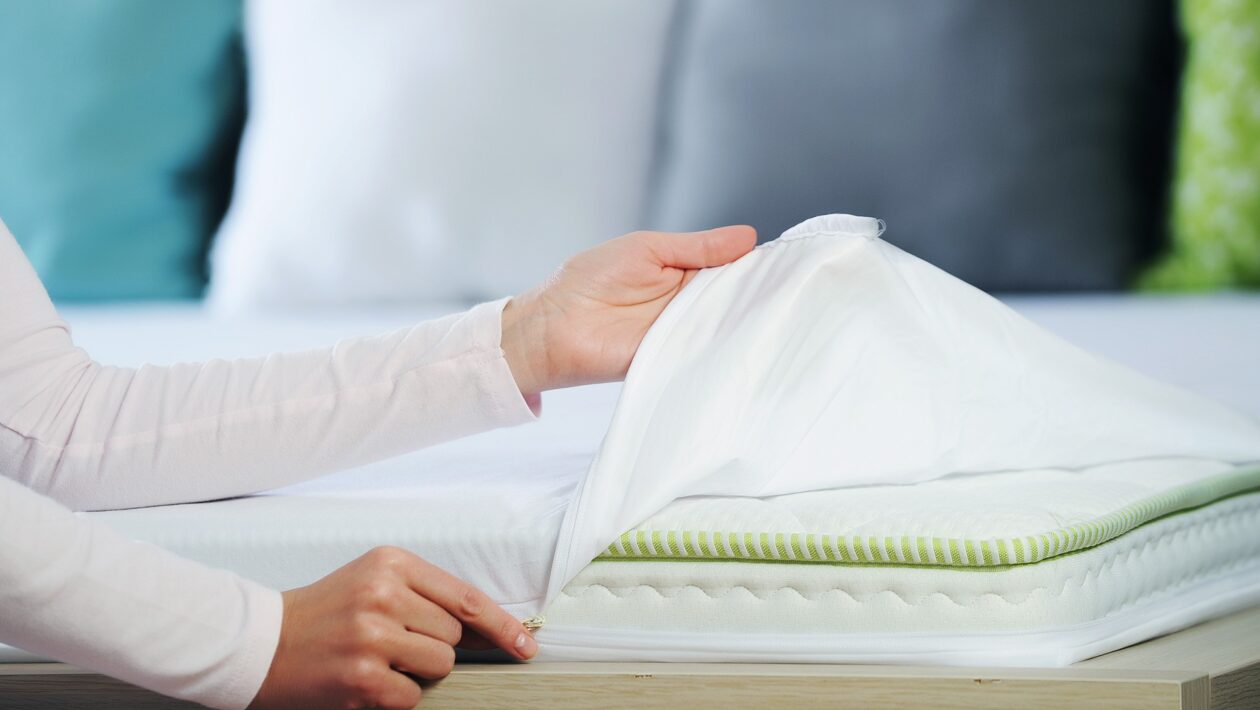

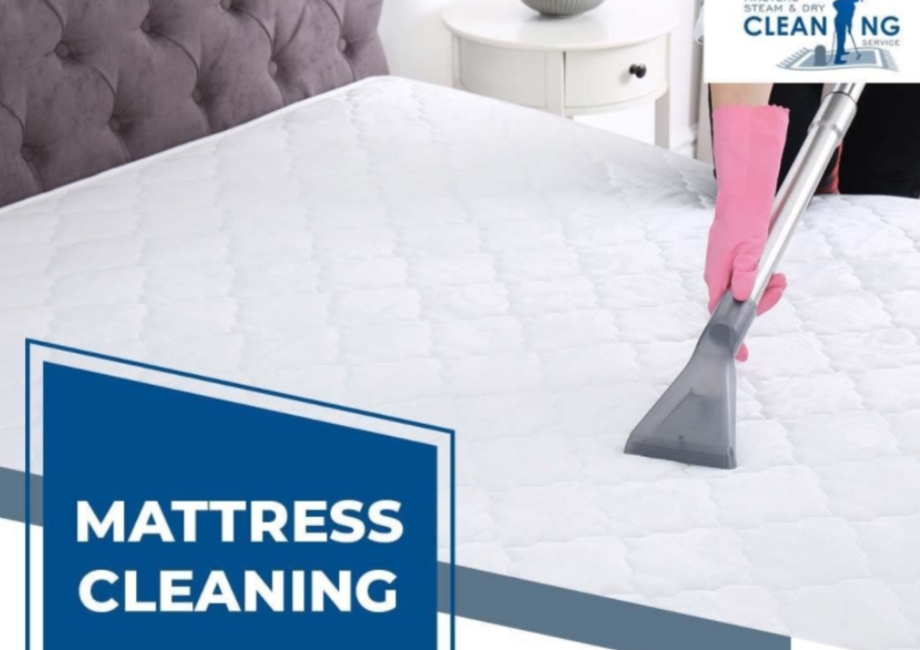
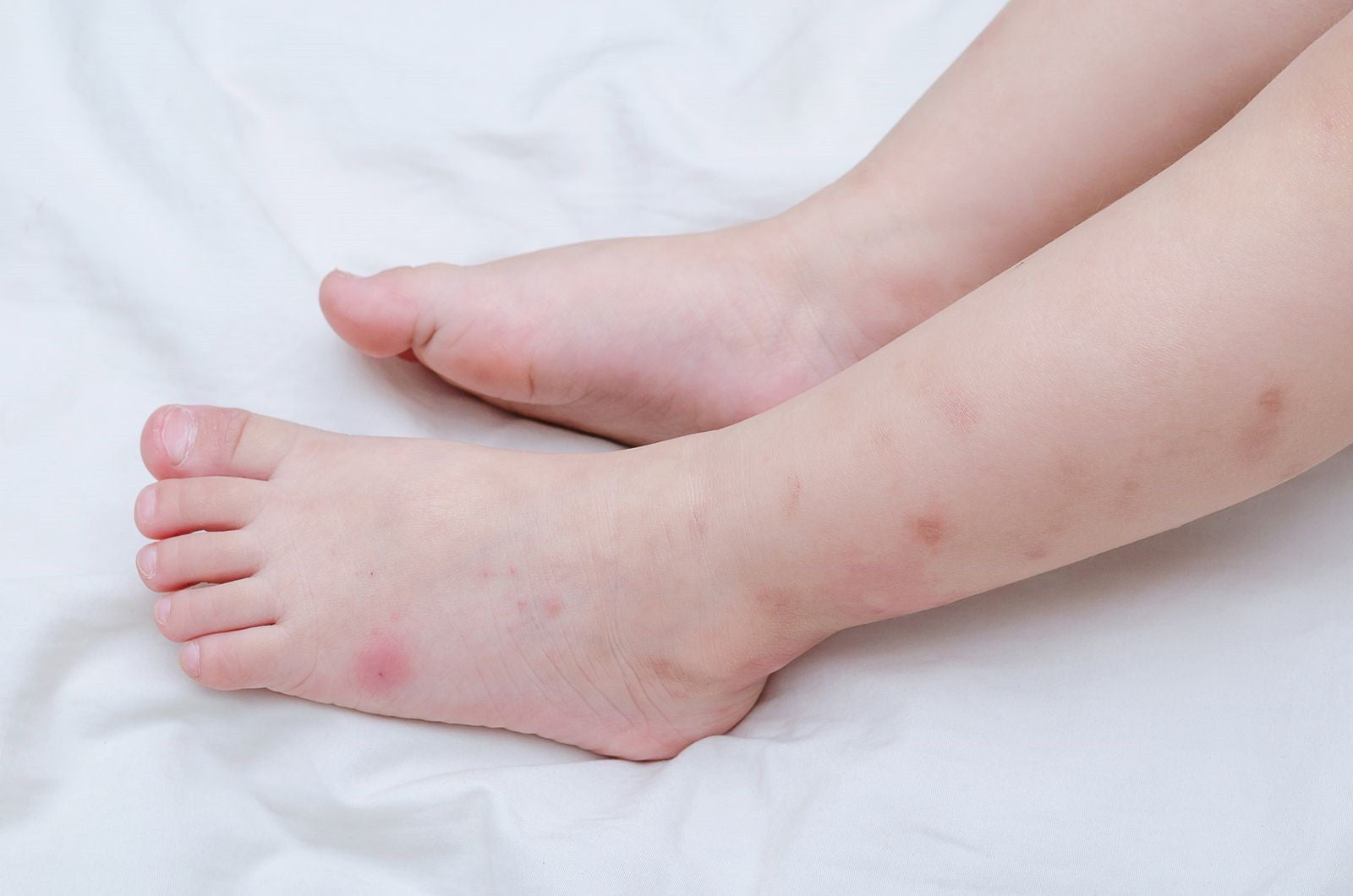
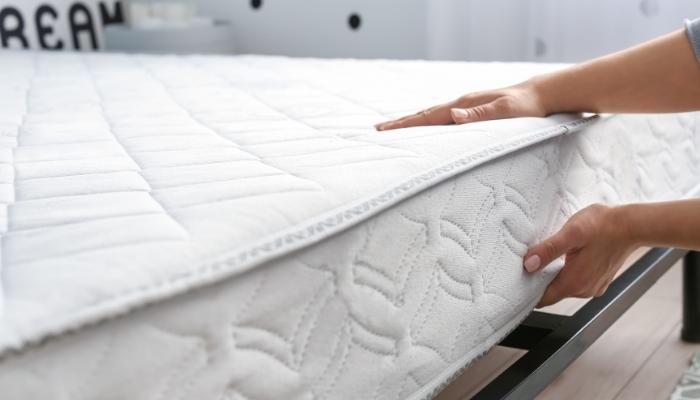
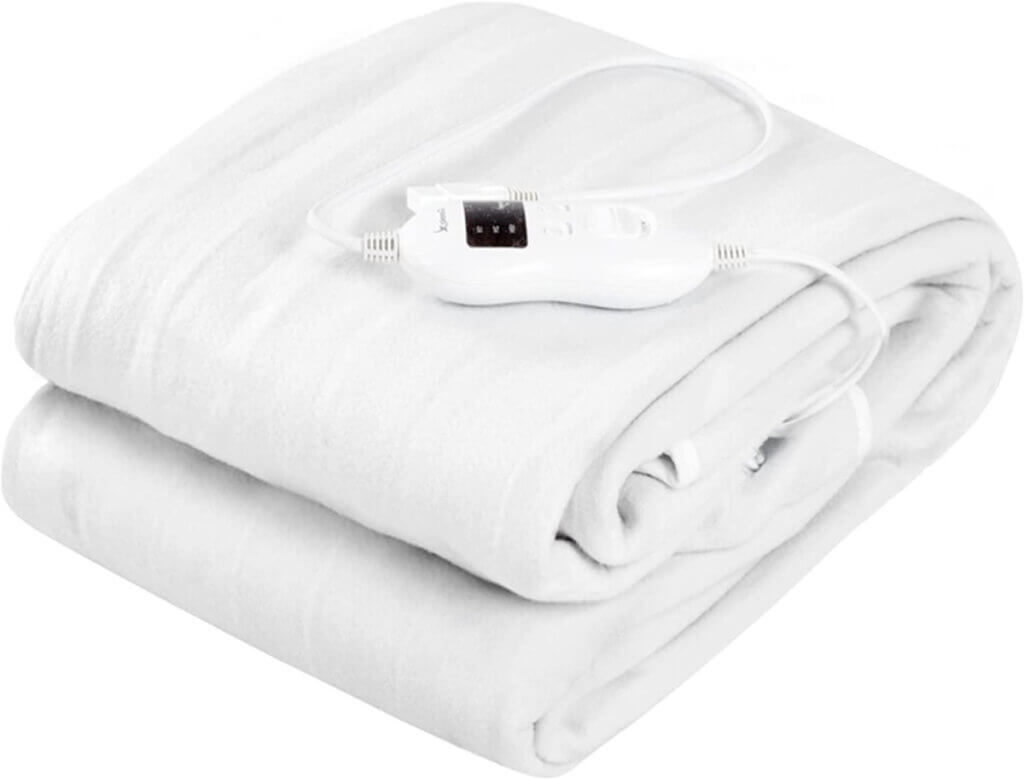







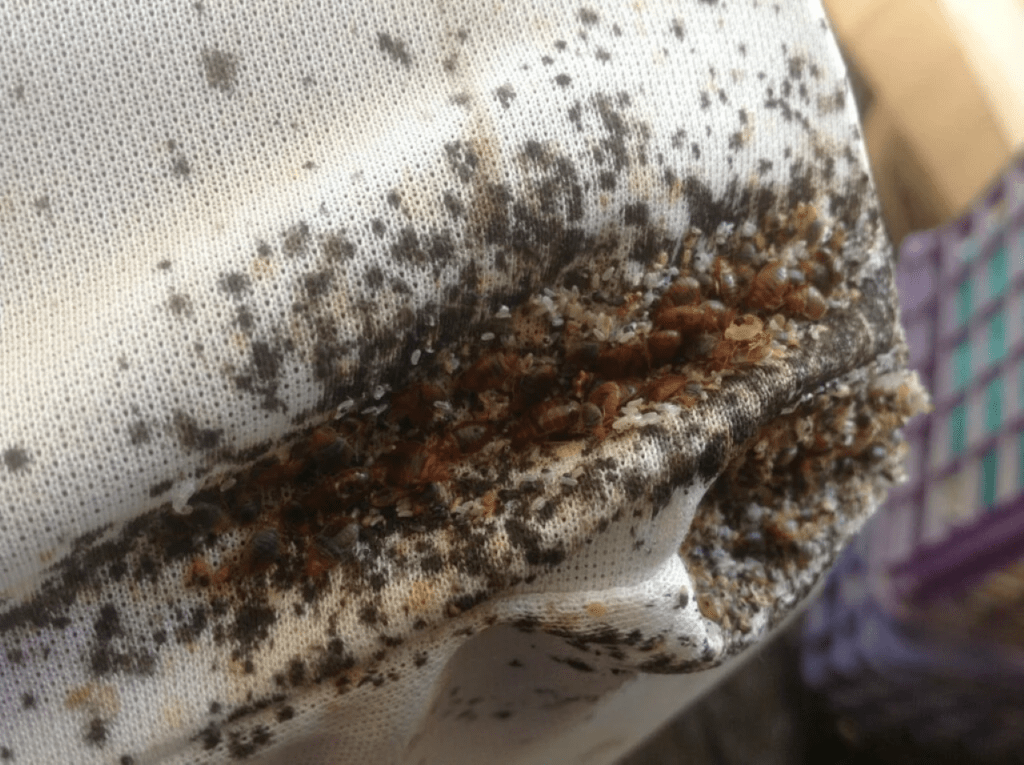
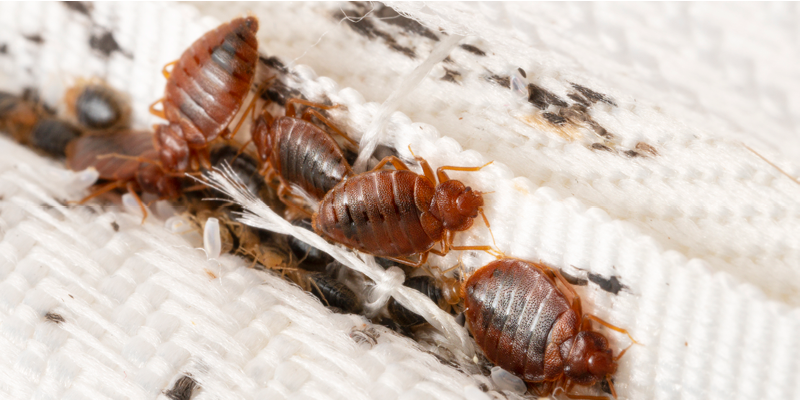
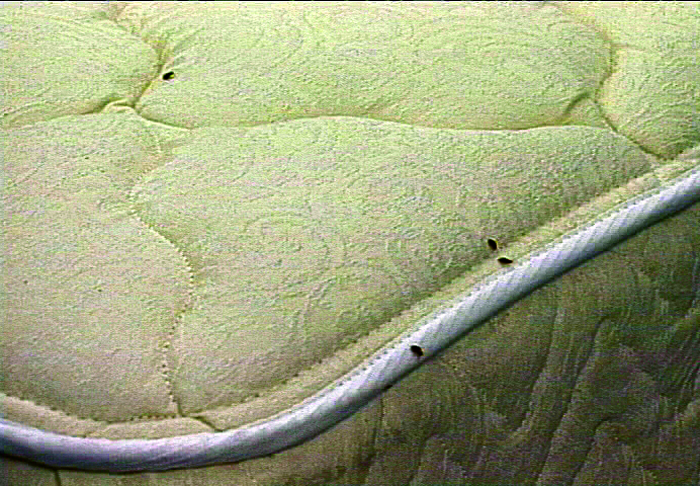
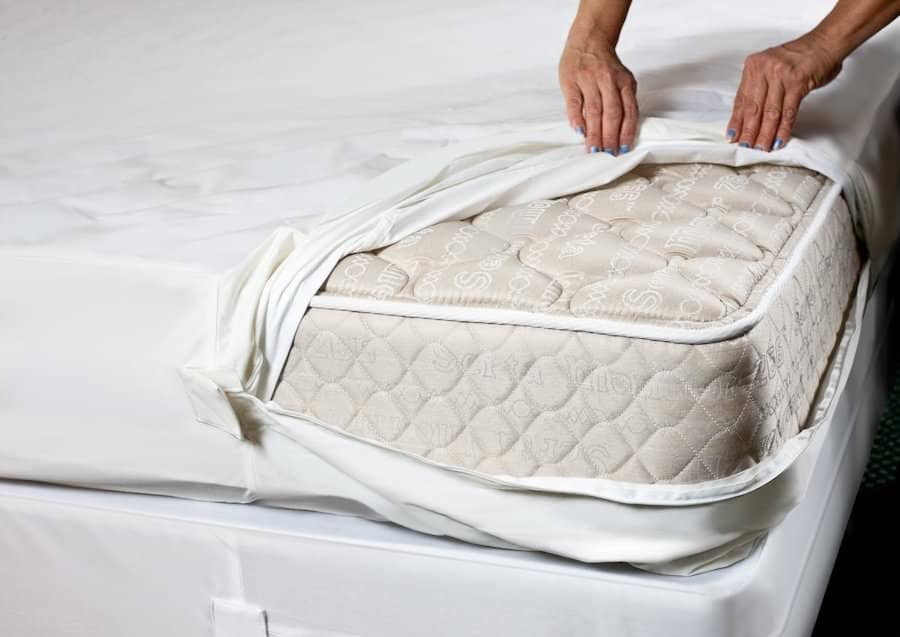






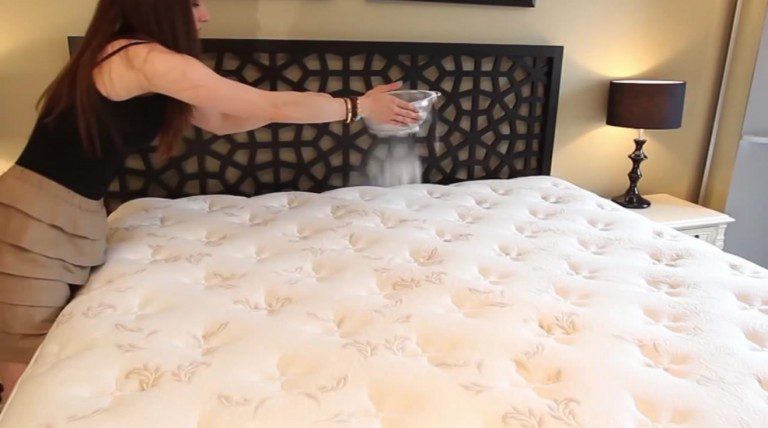
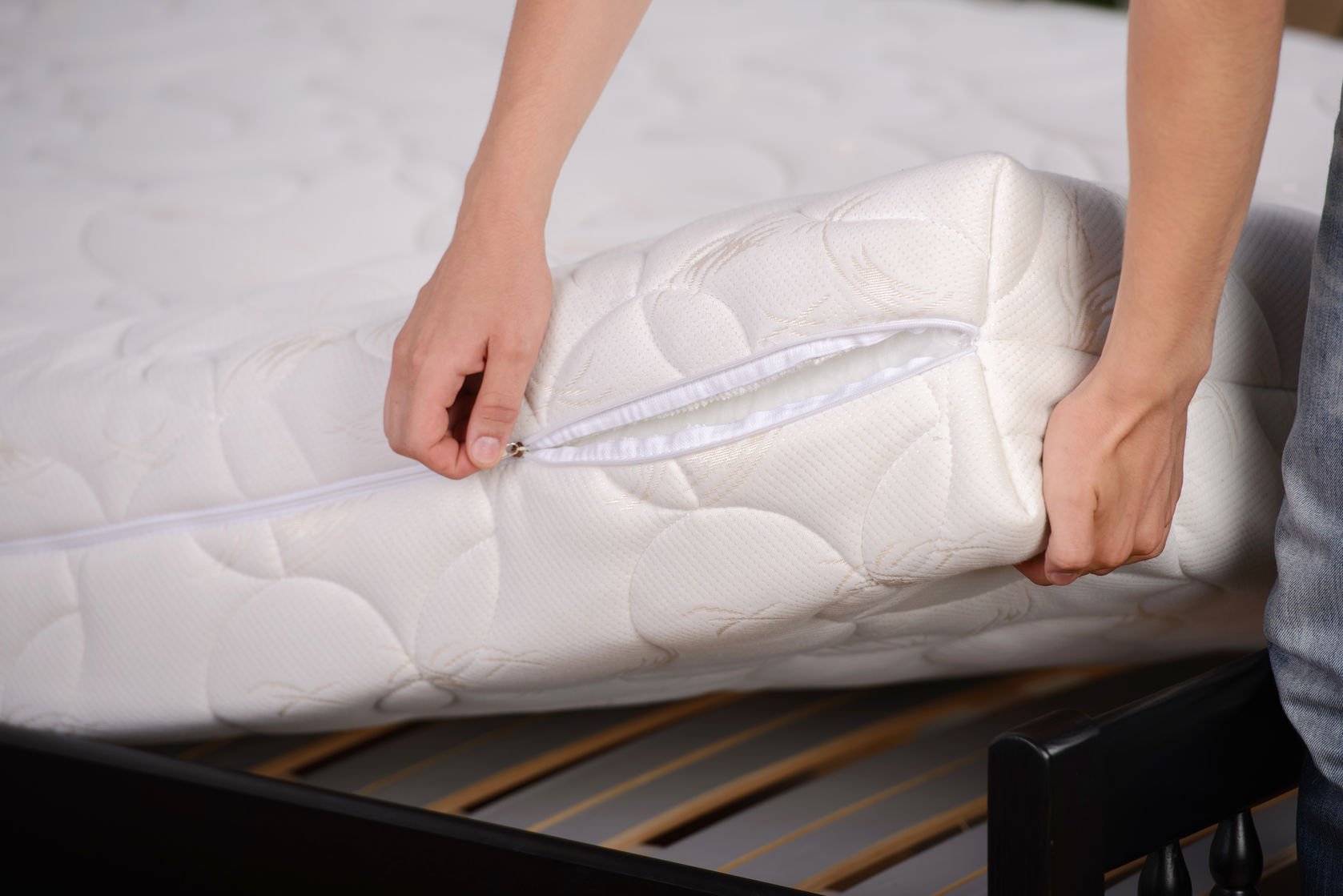


:max_bytes(150000):strip_icc()/clean-your-mattress-the-natural-way-350742-dd95404f7ac54f9b90f09045d9b4e98c.png)




